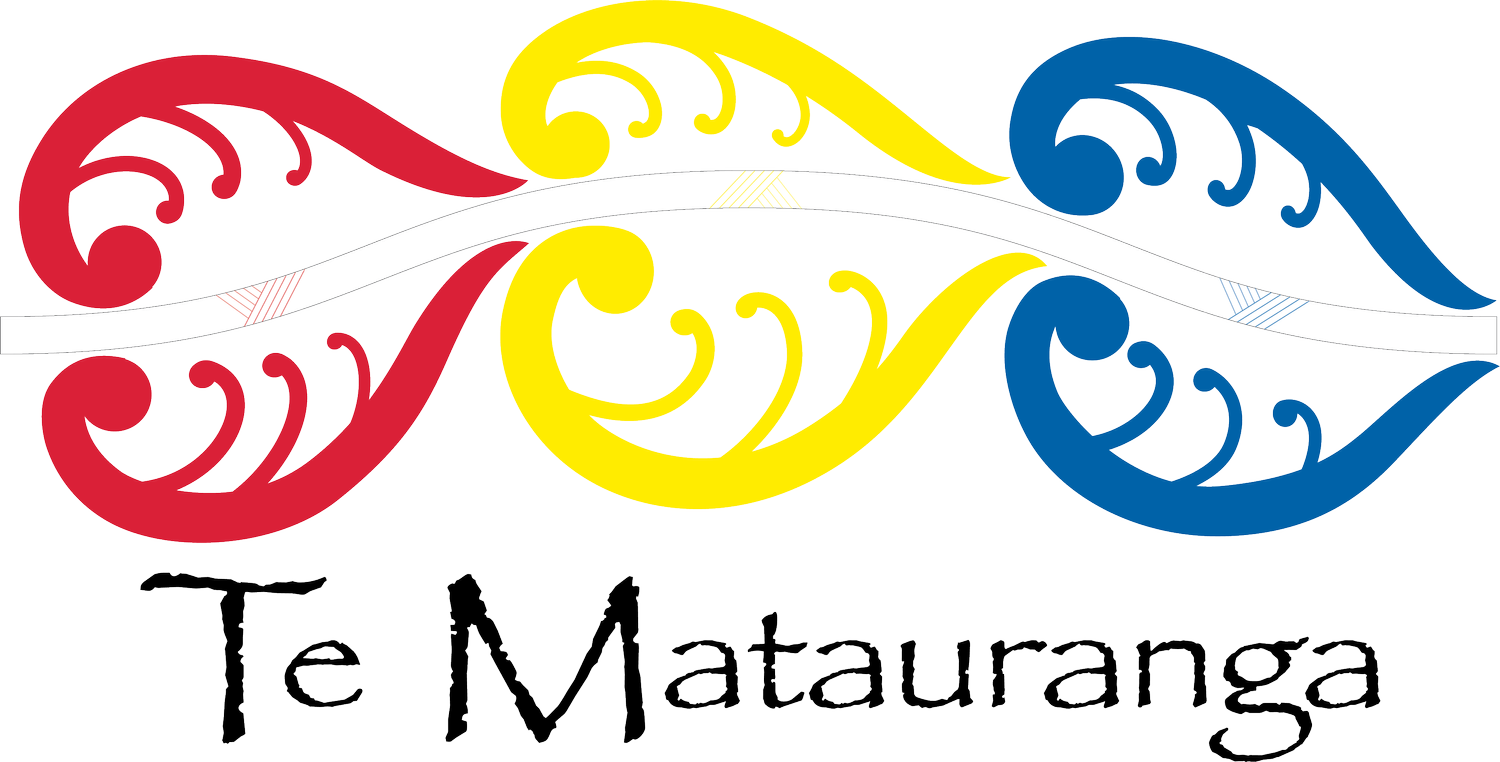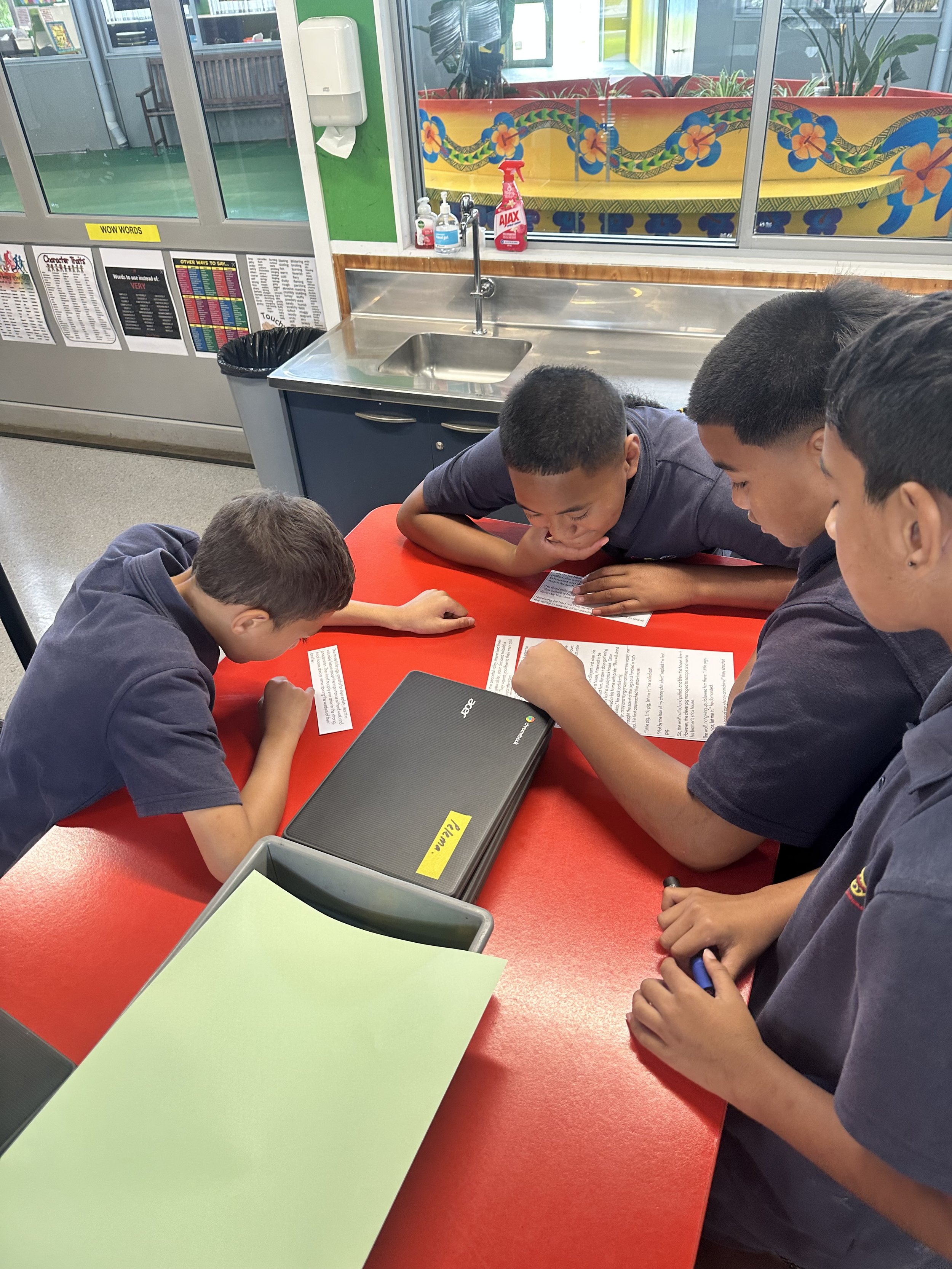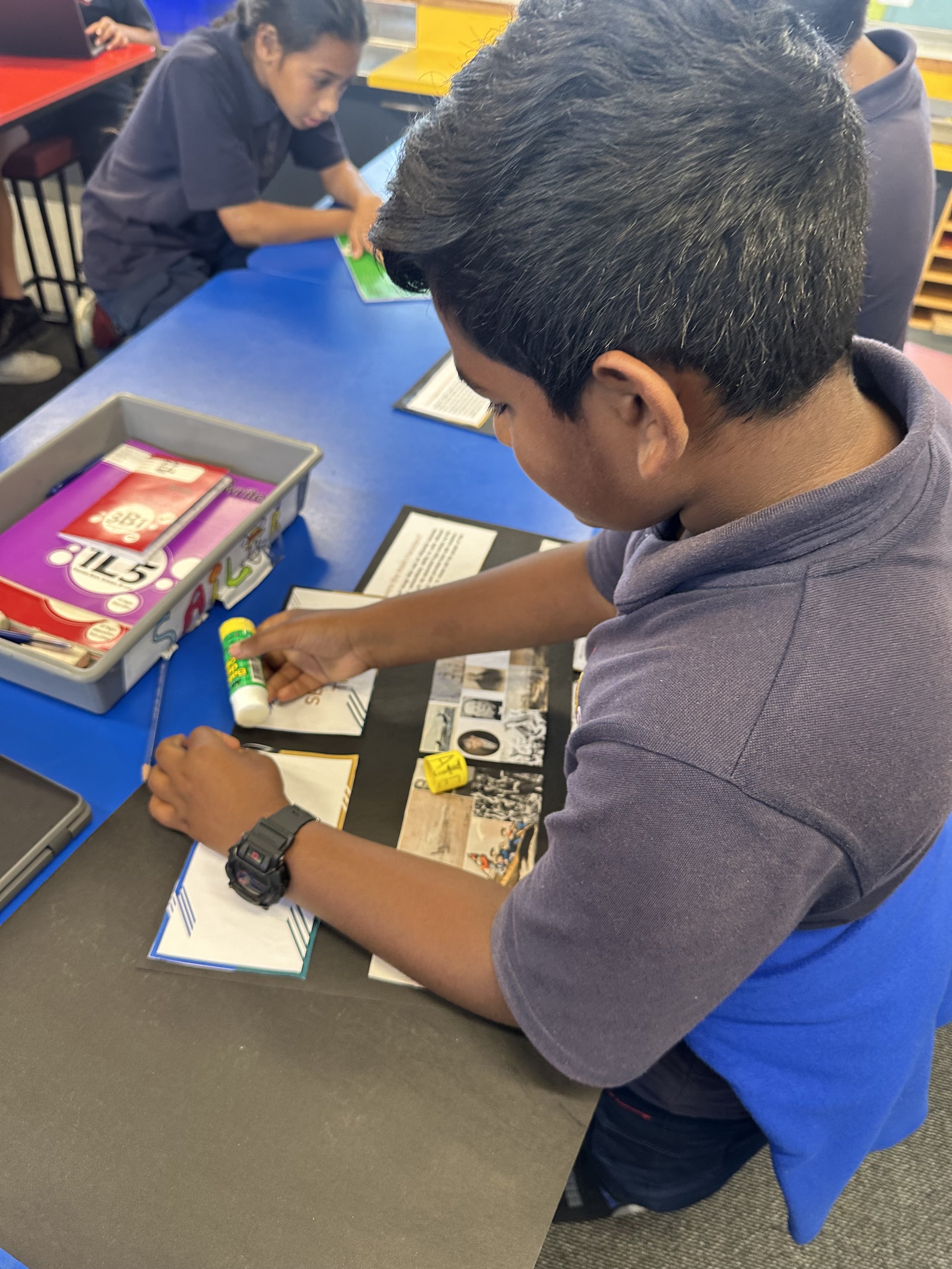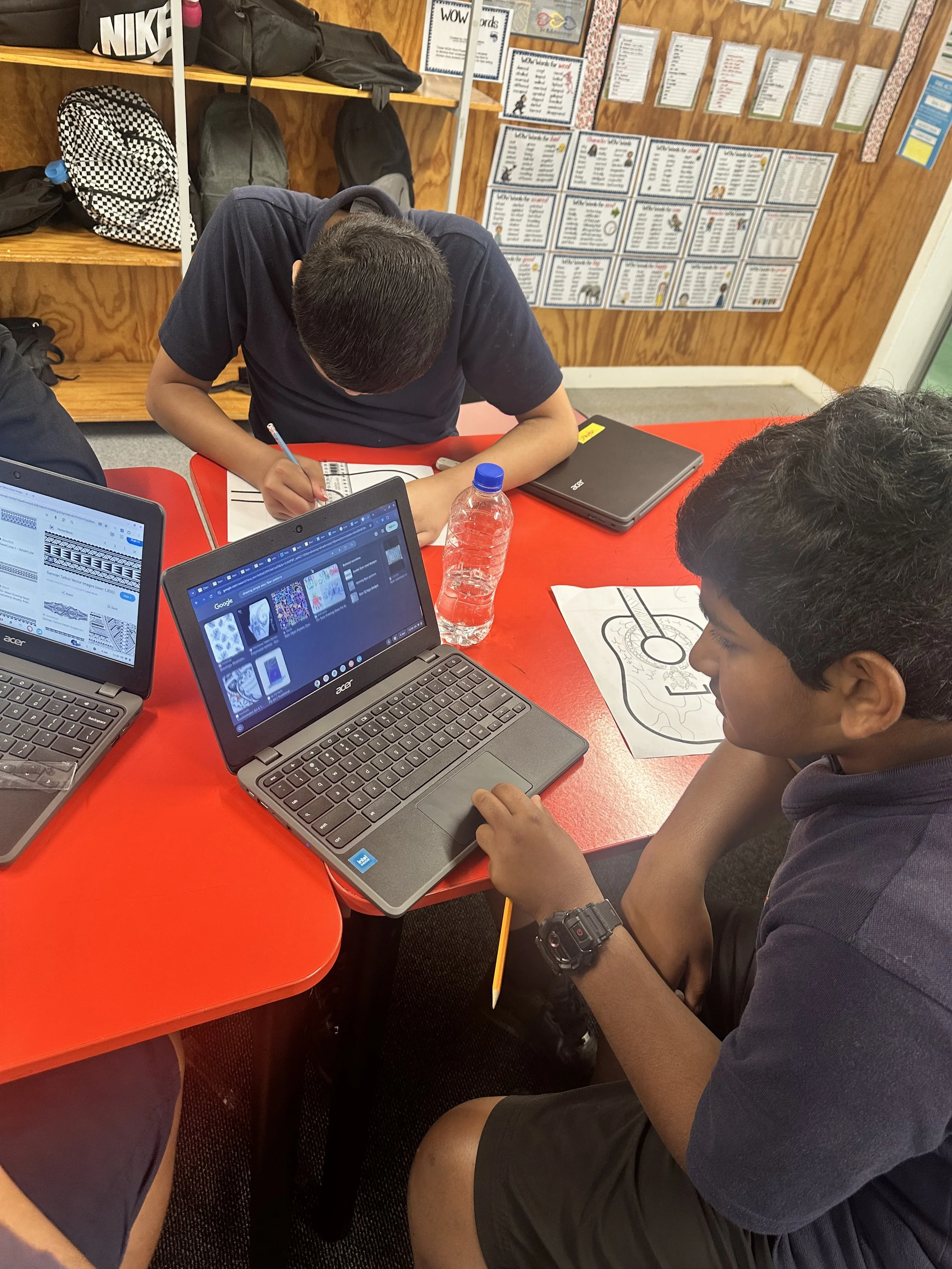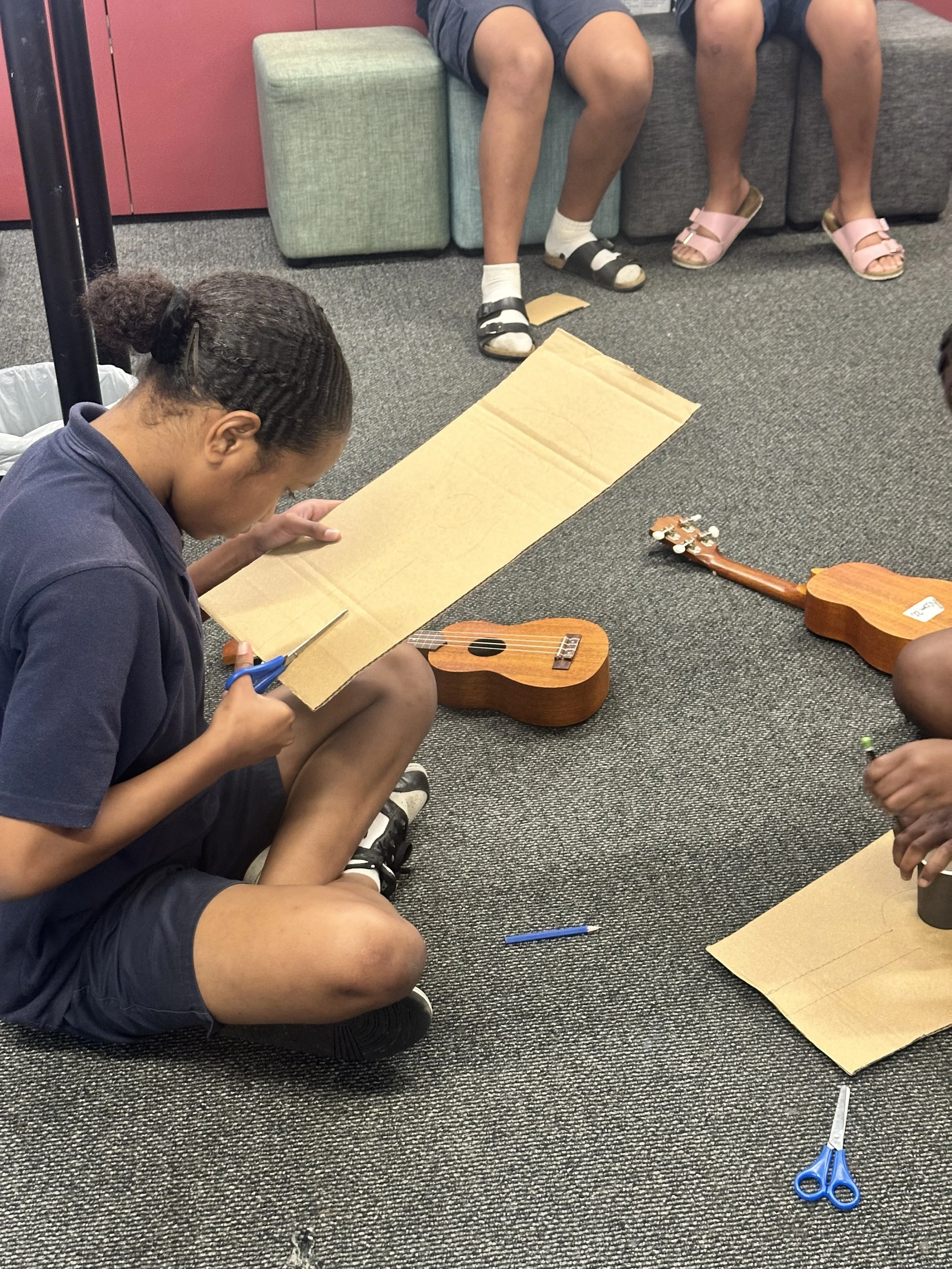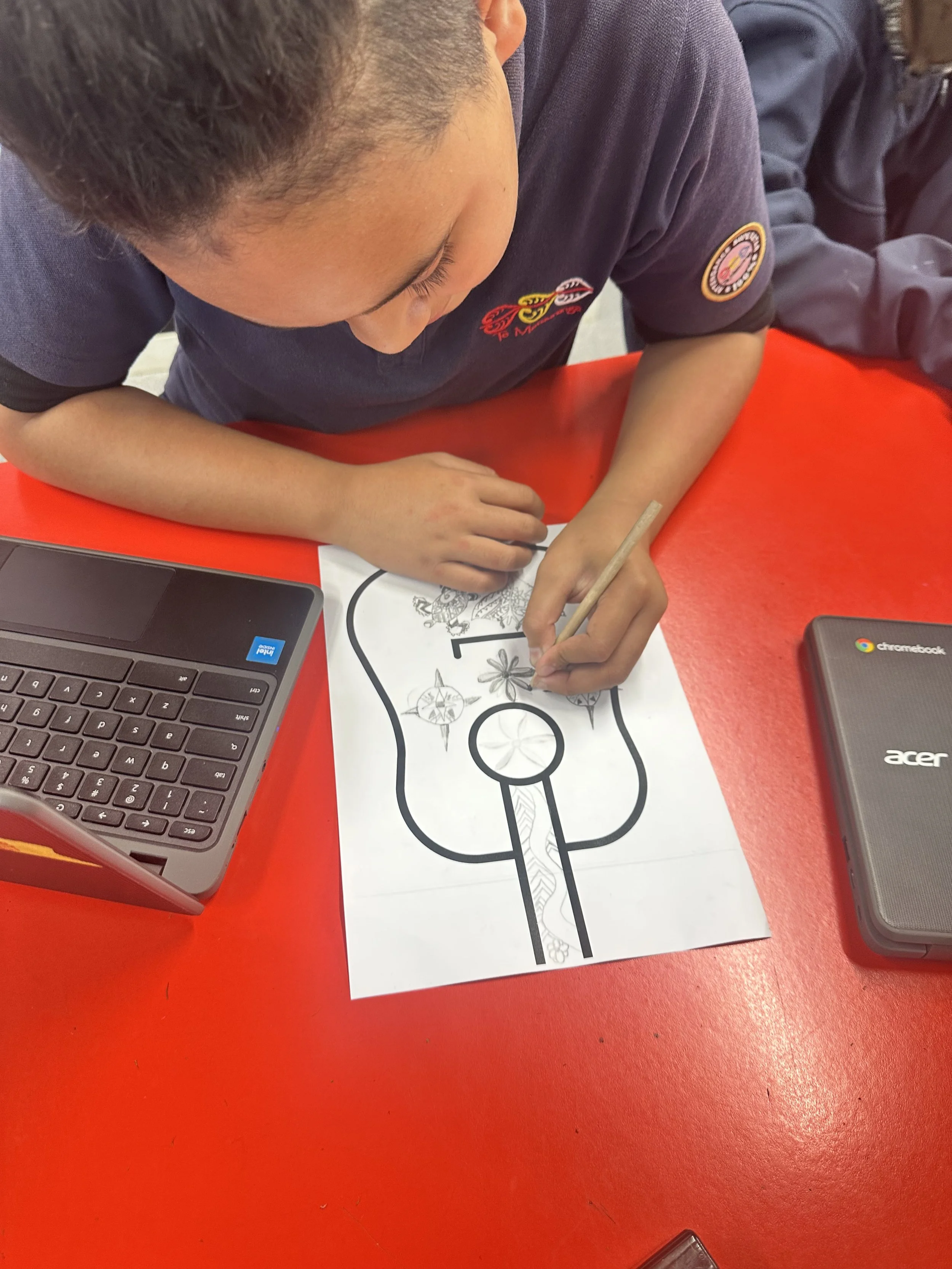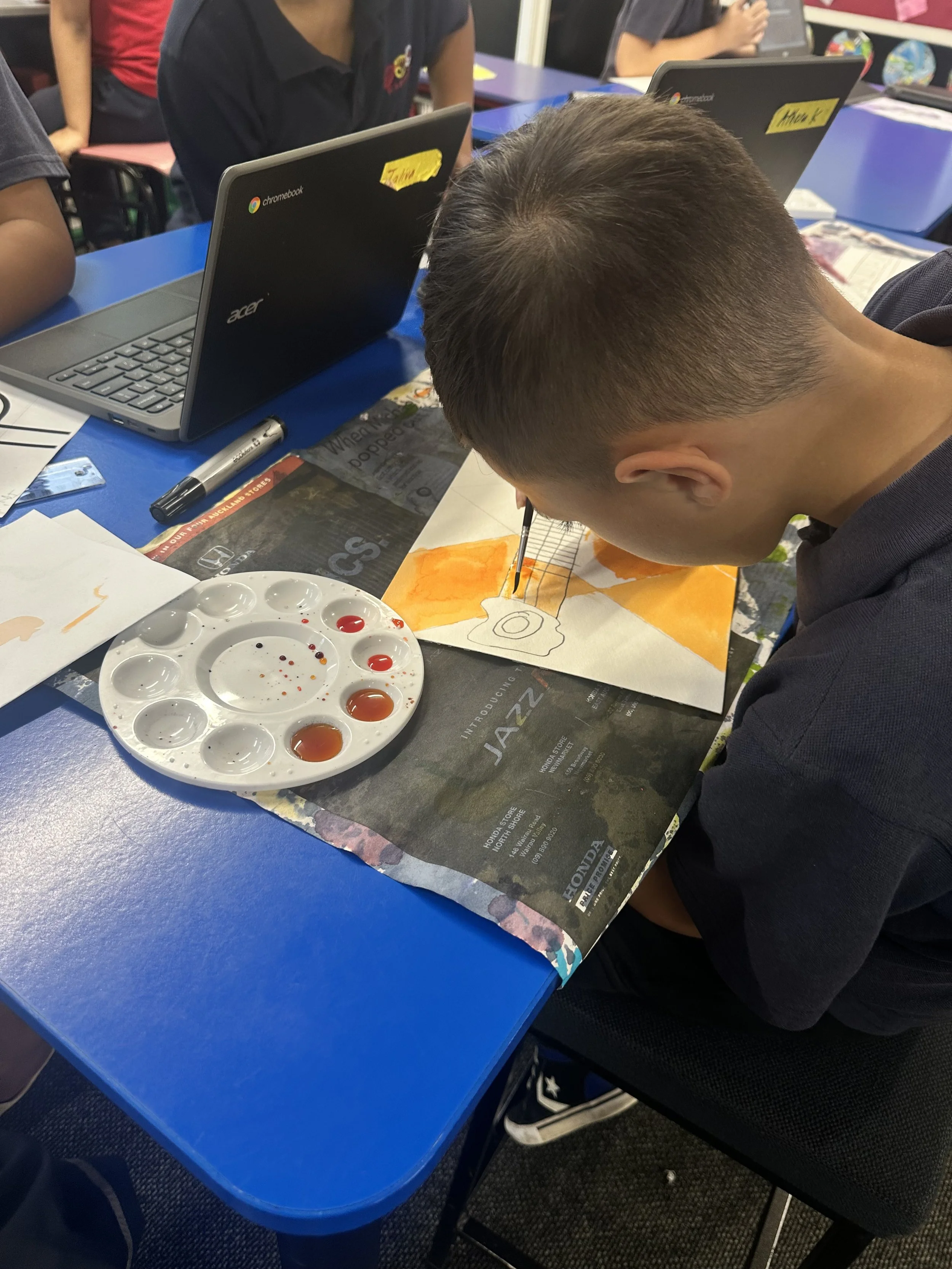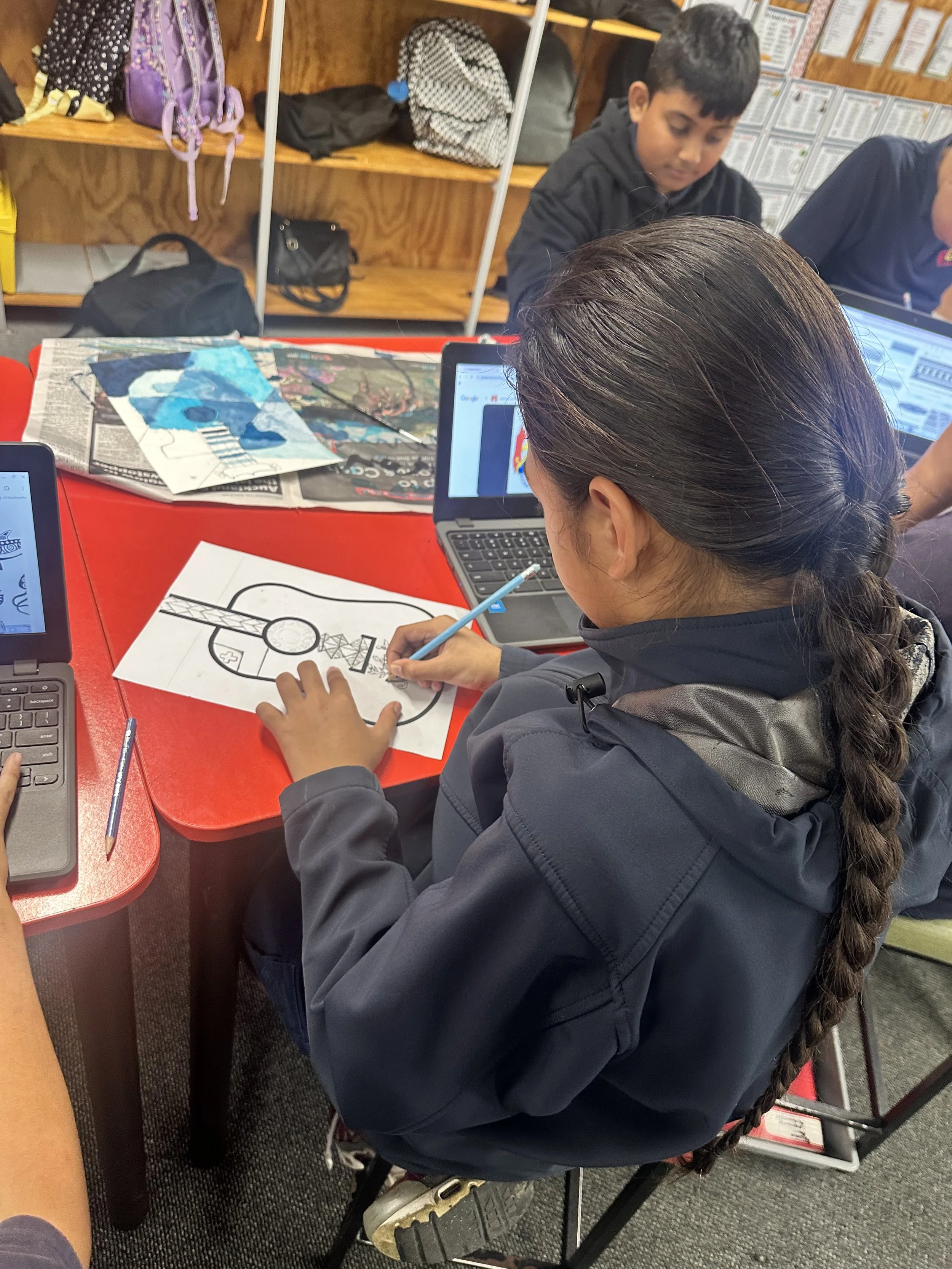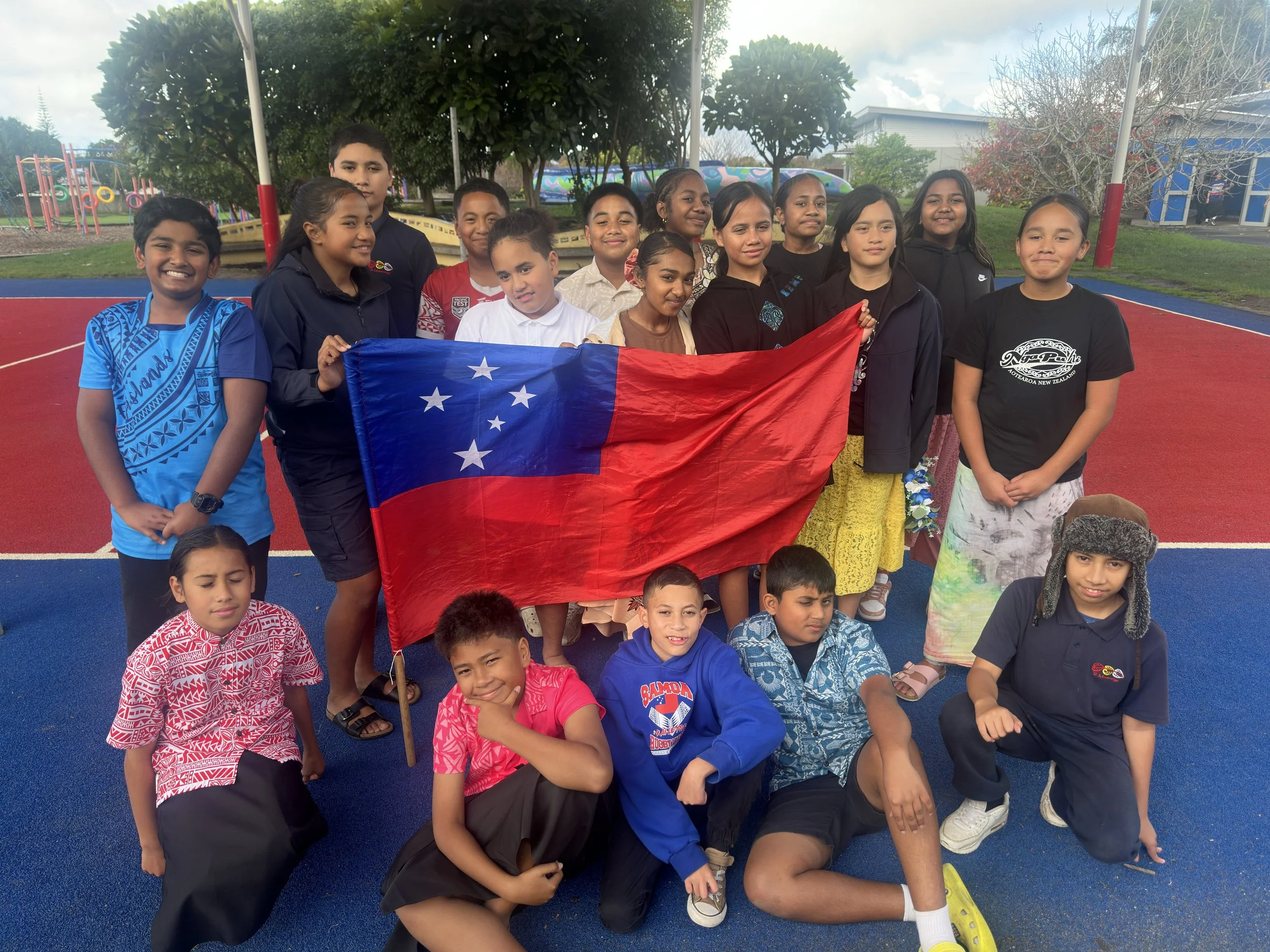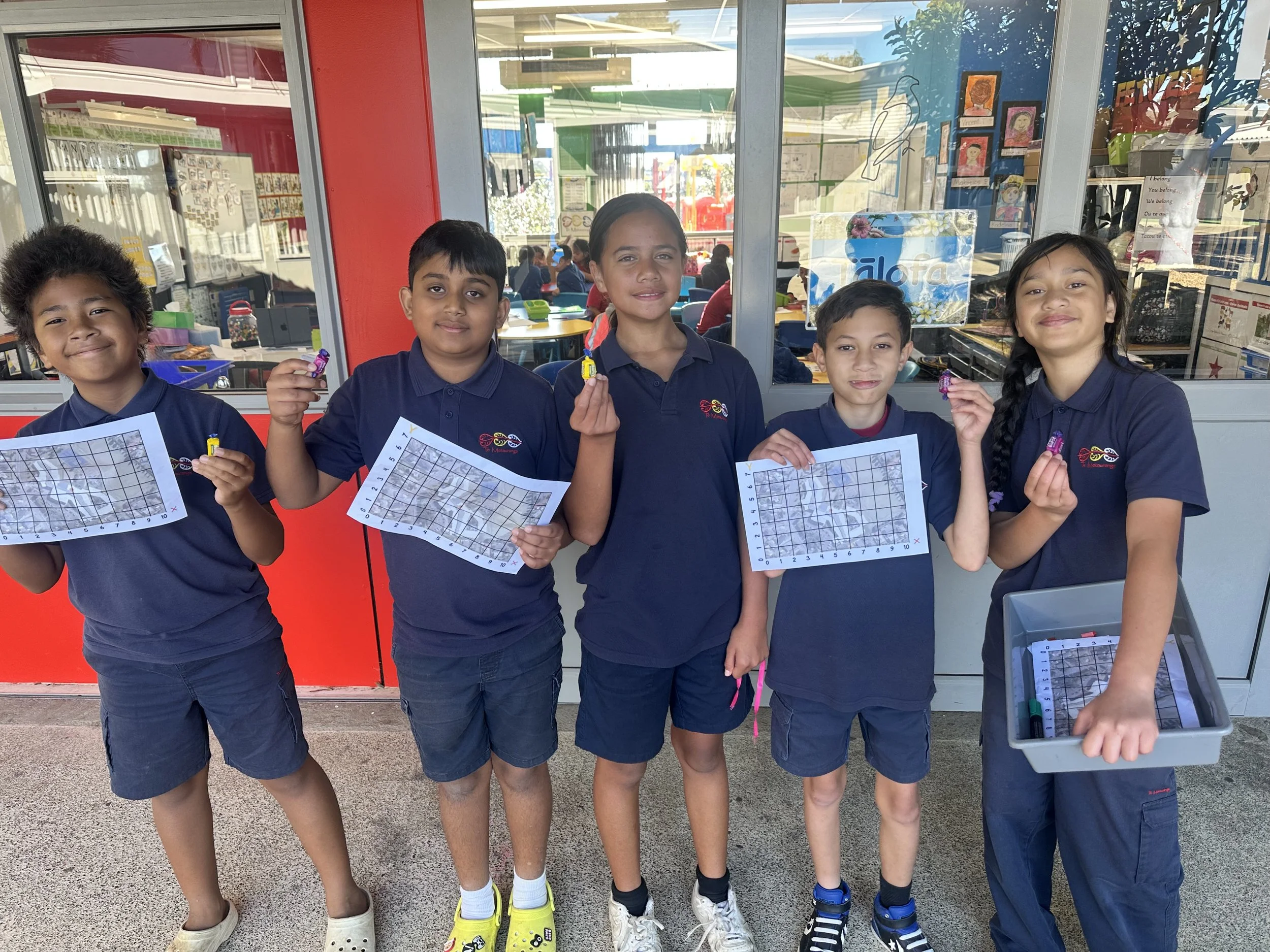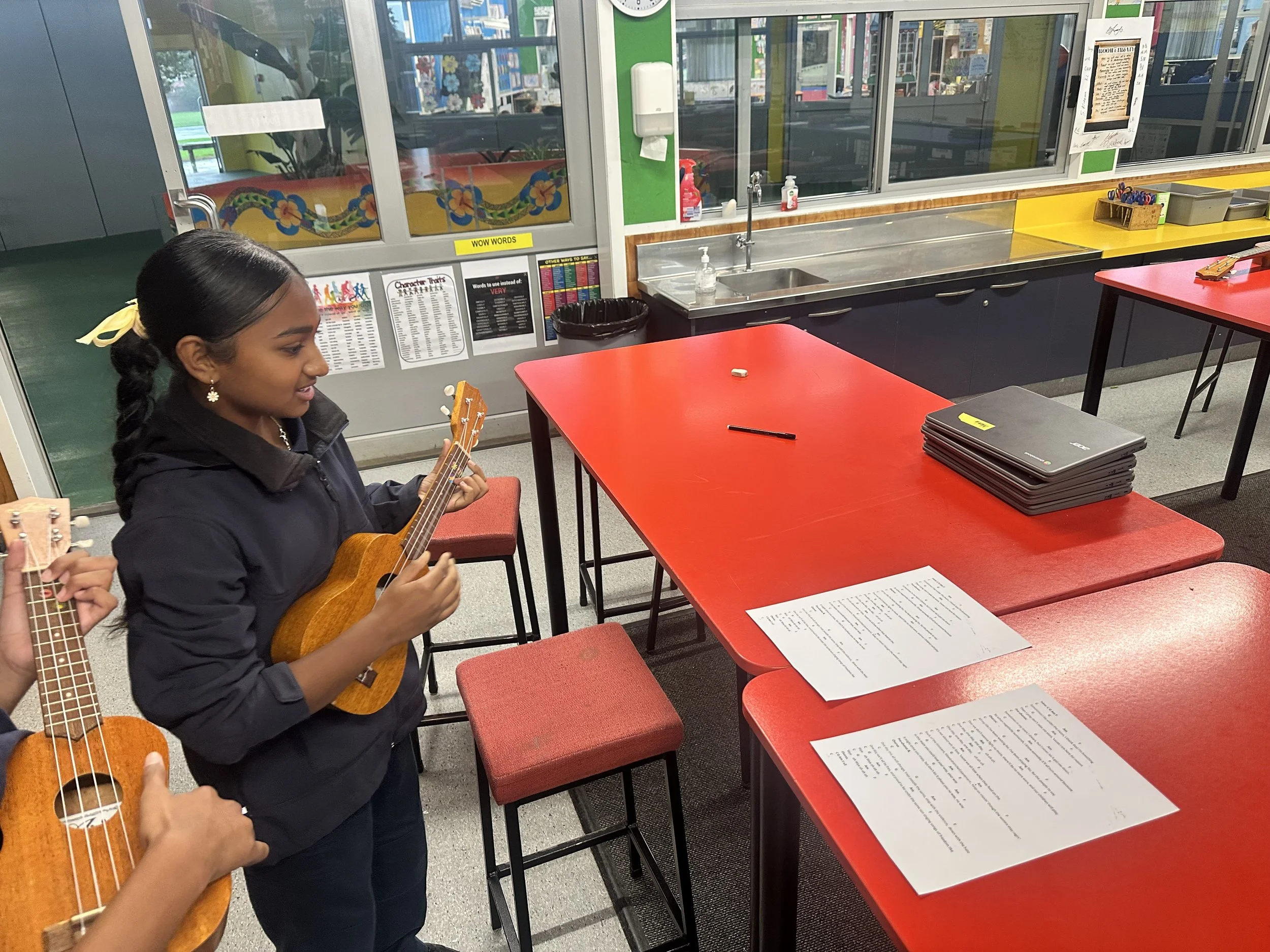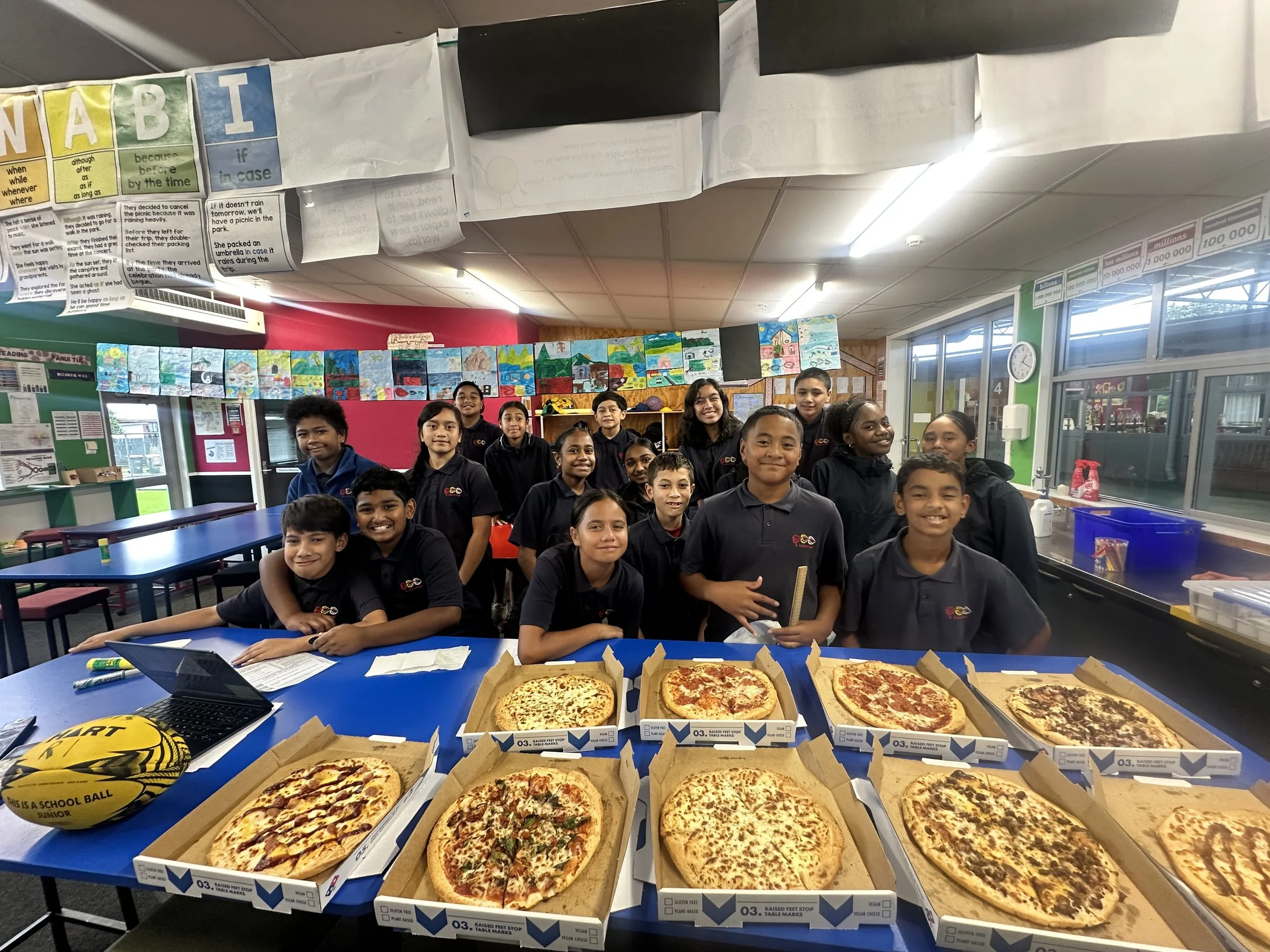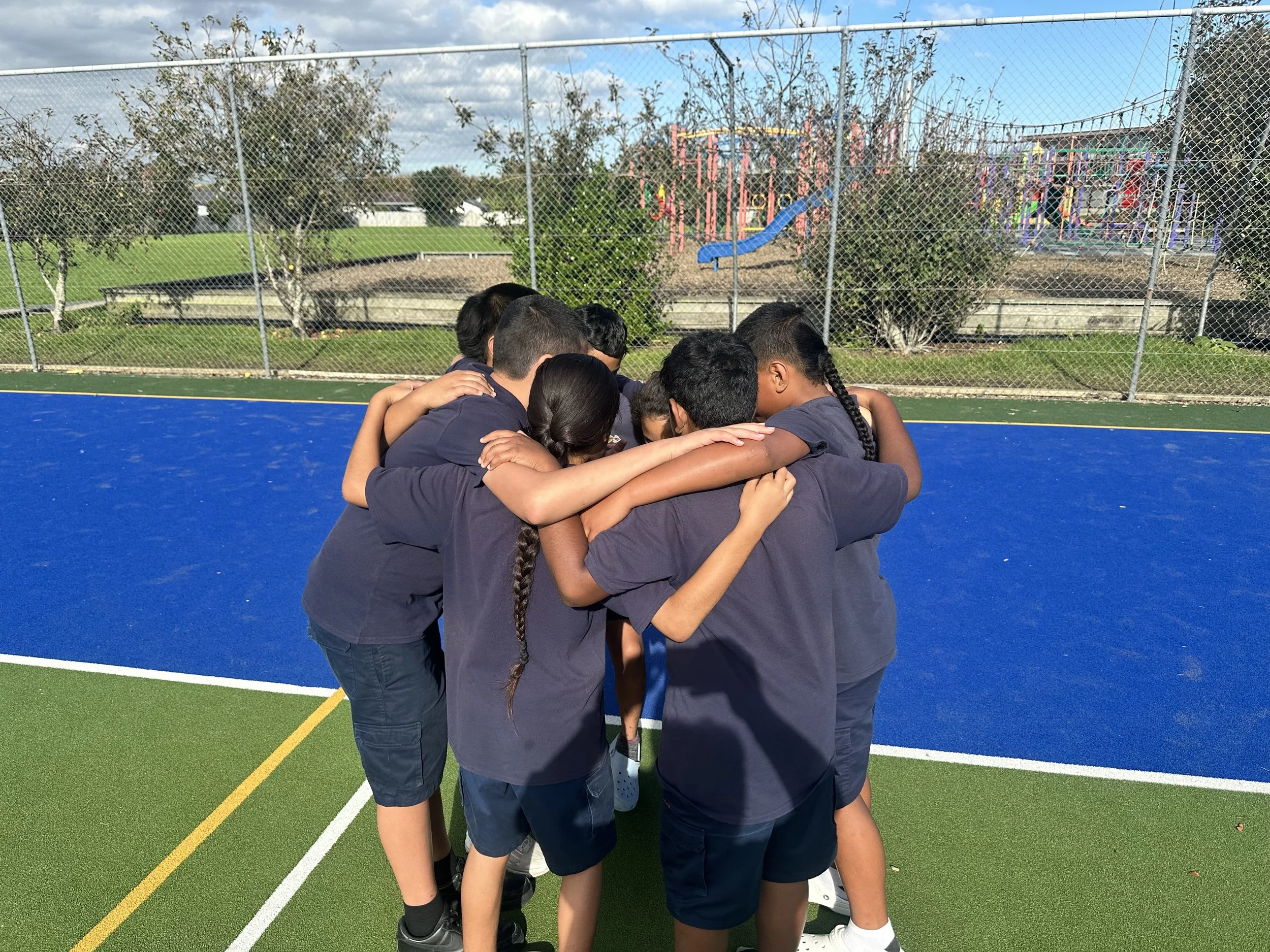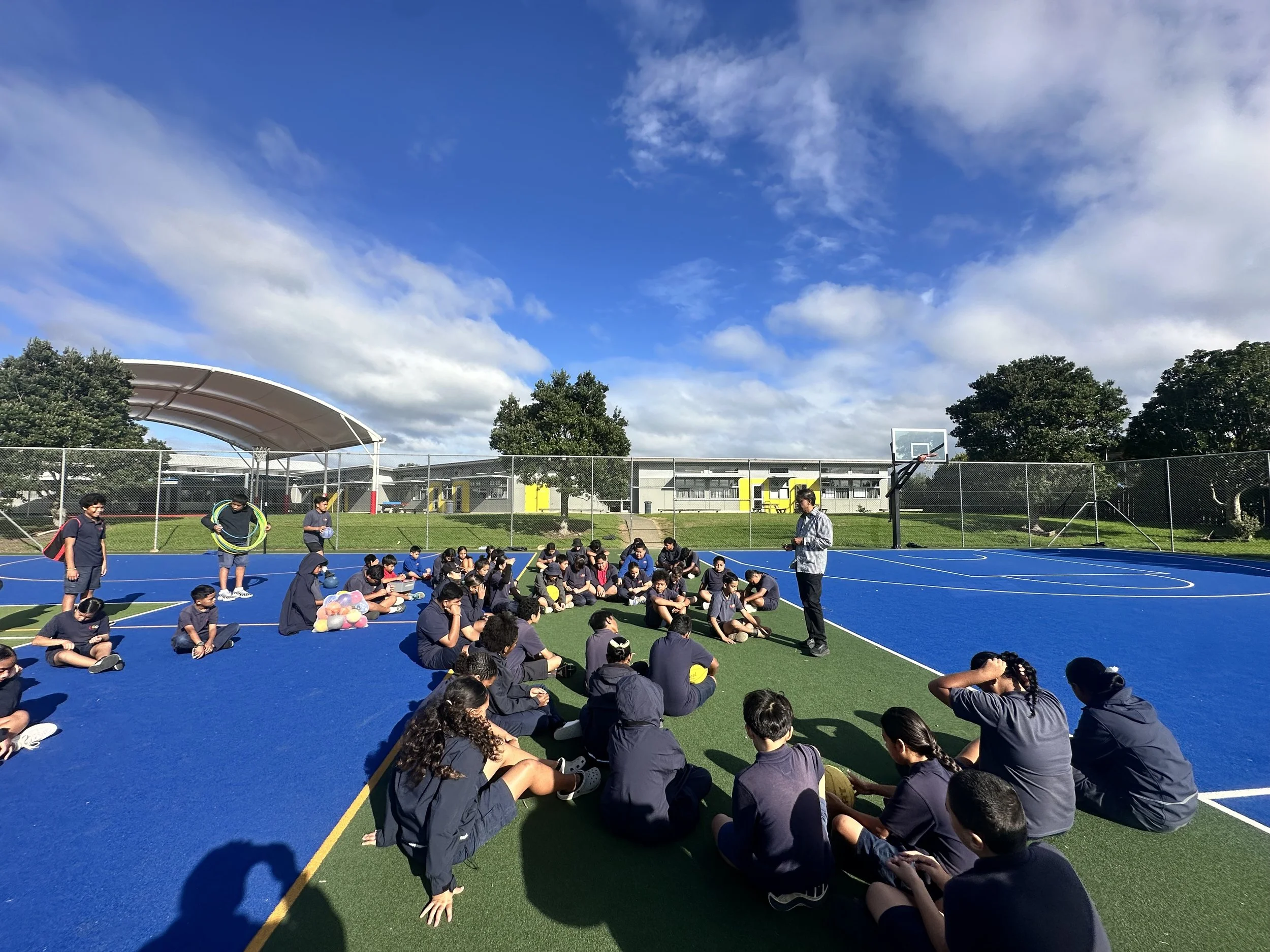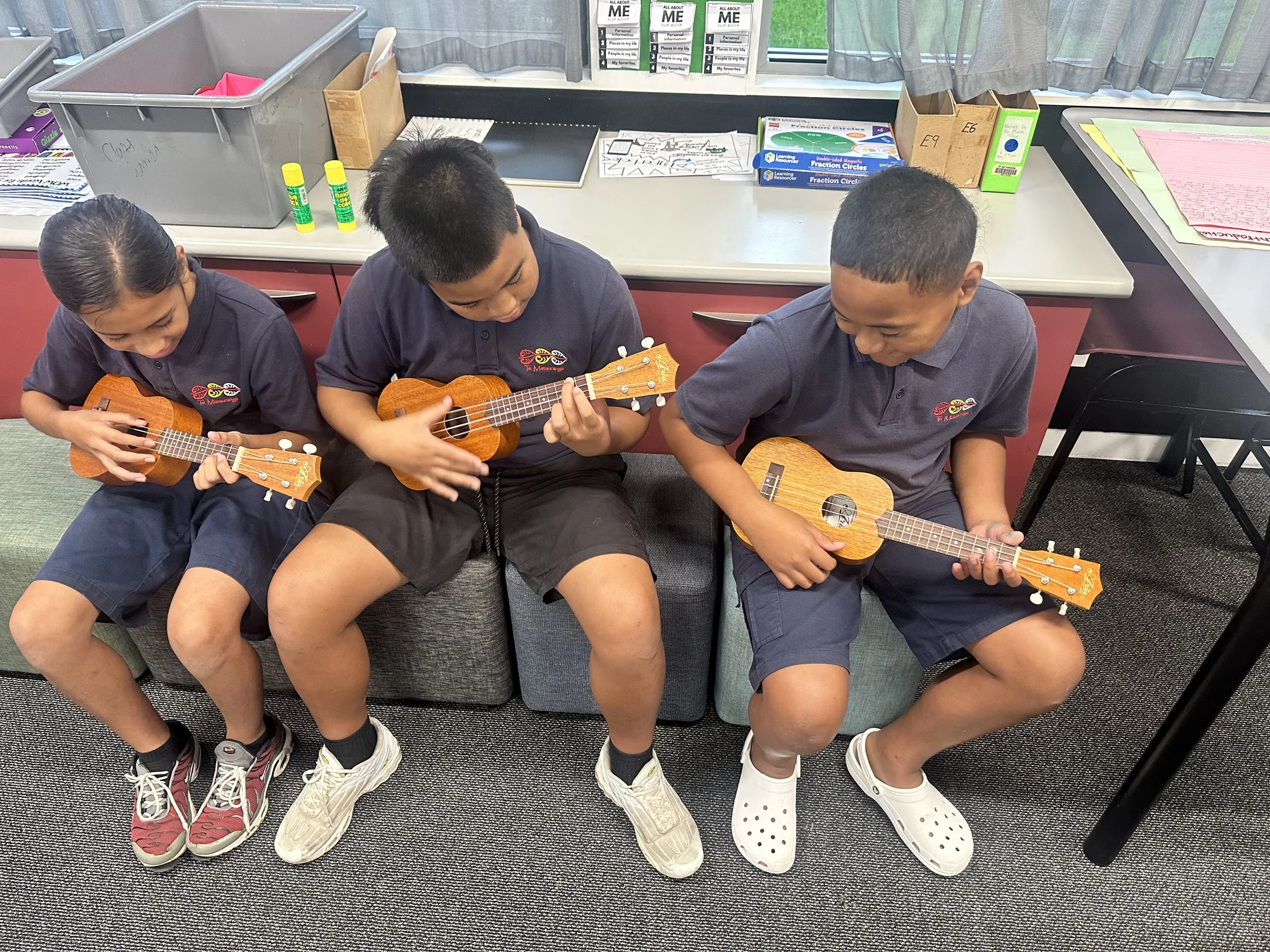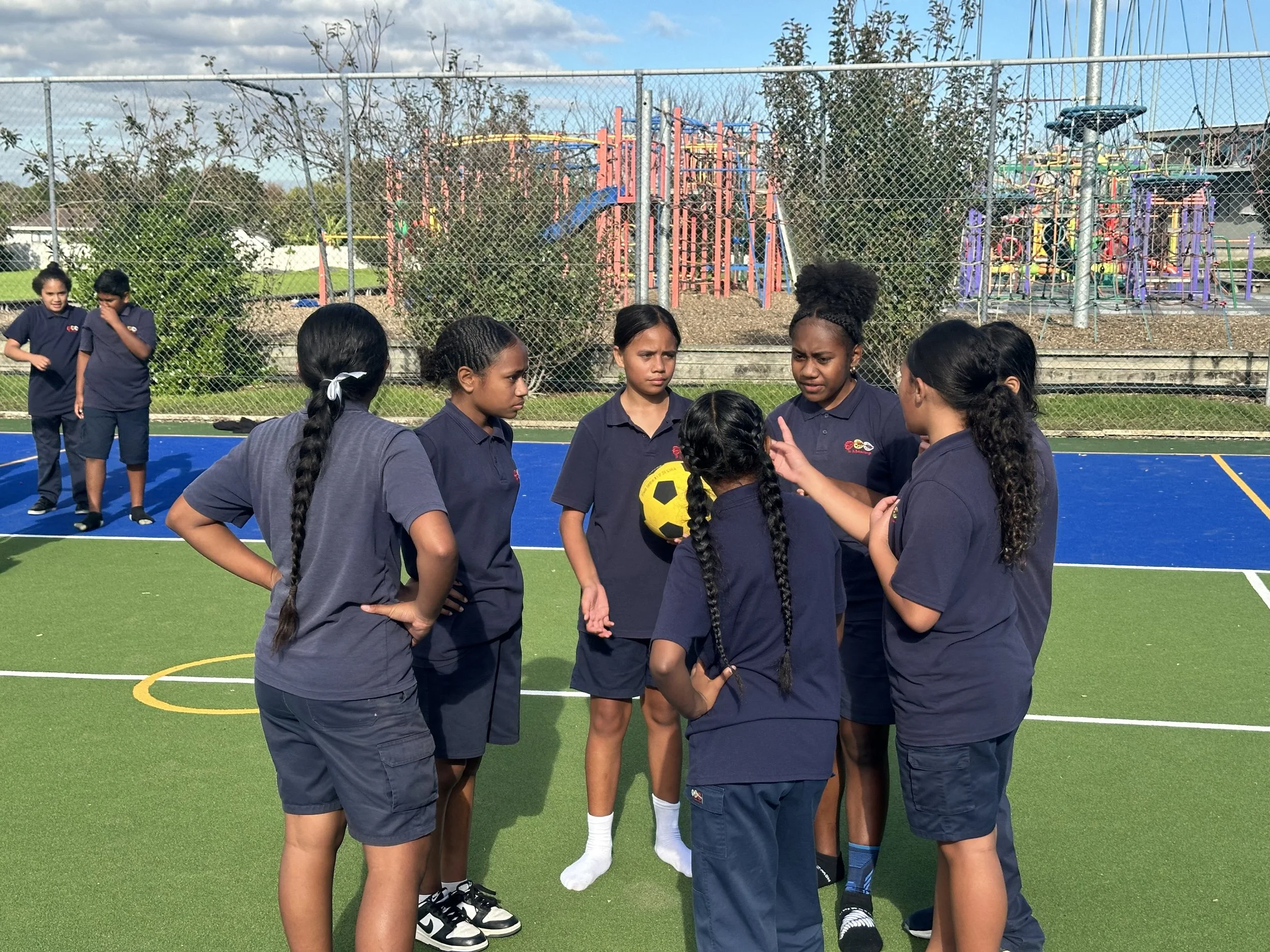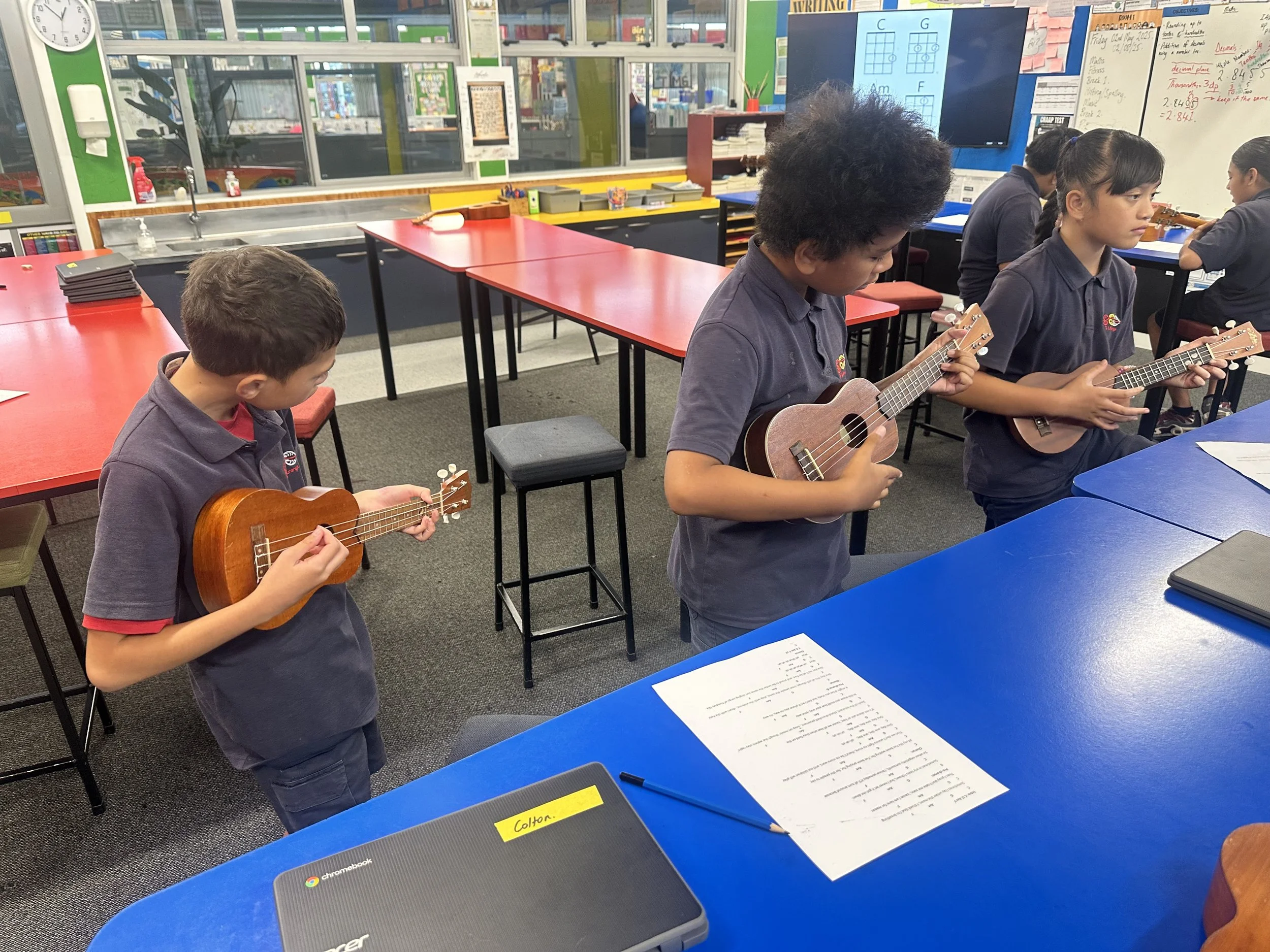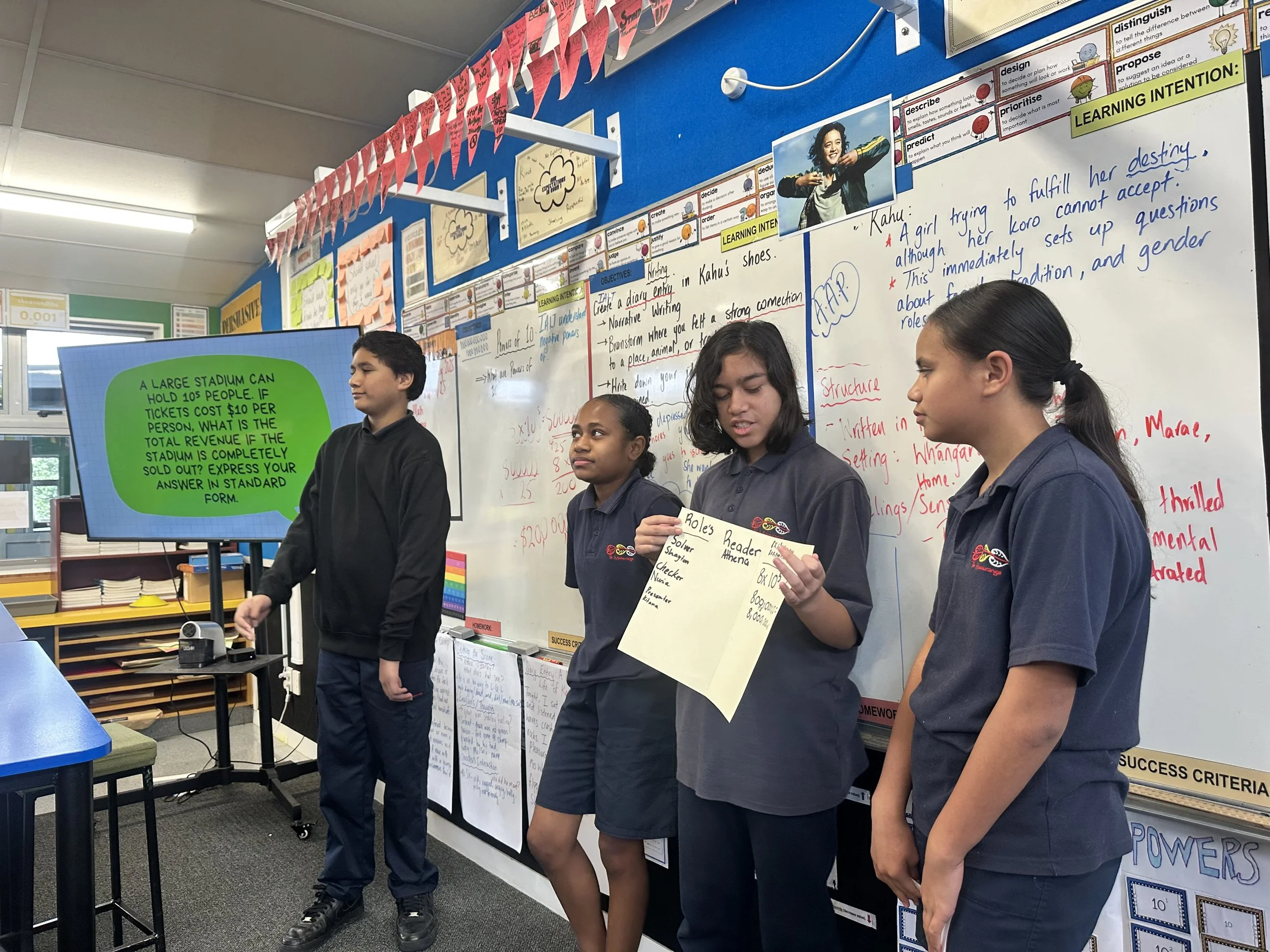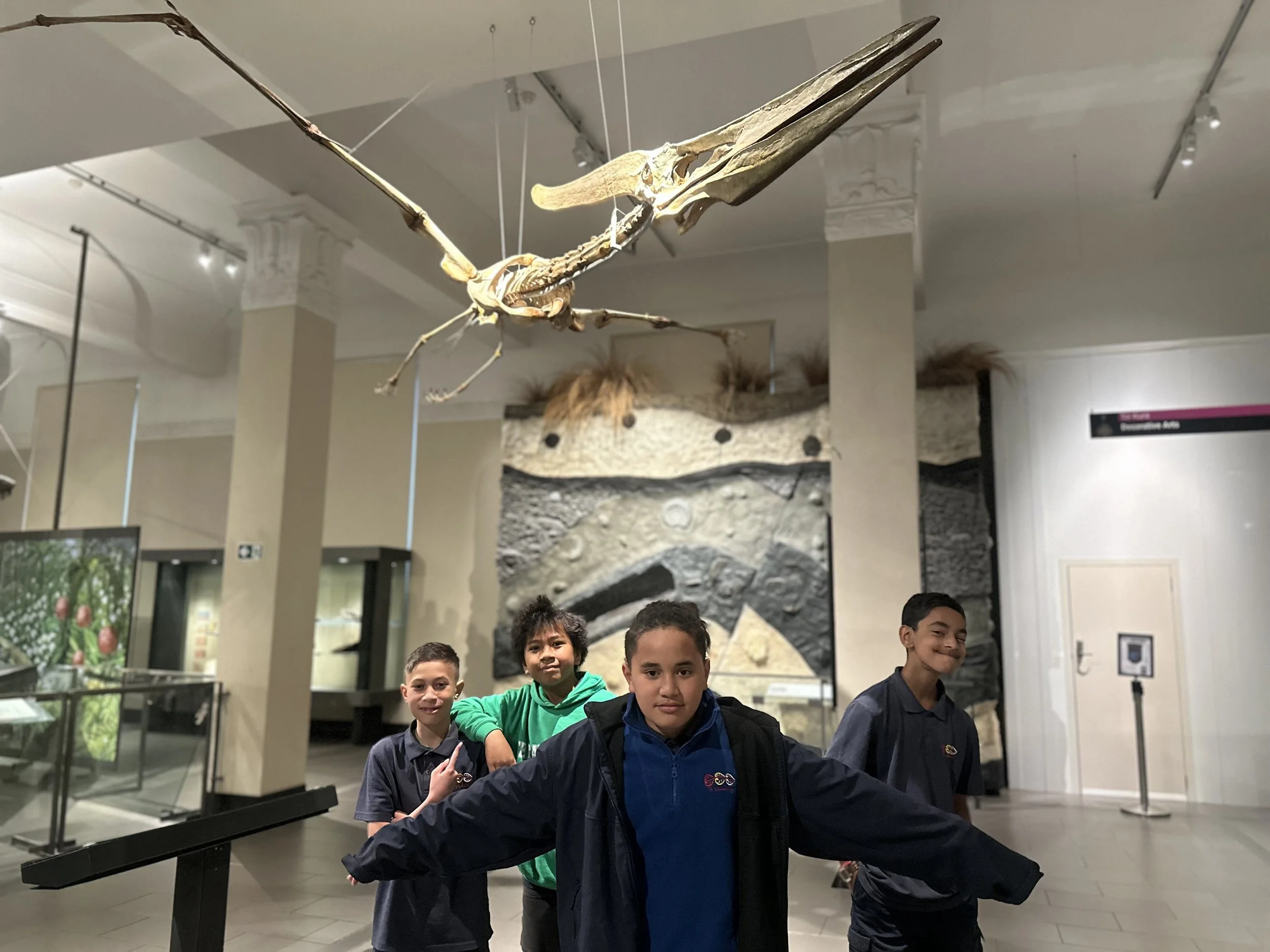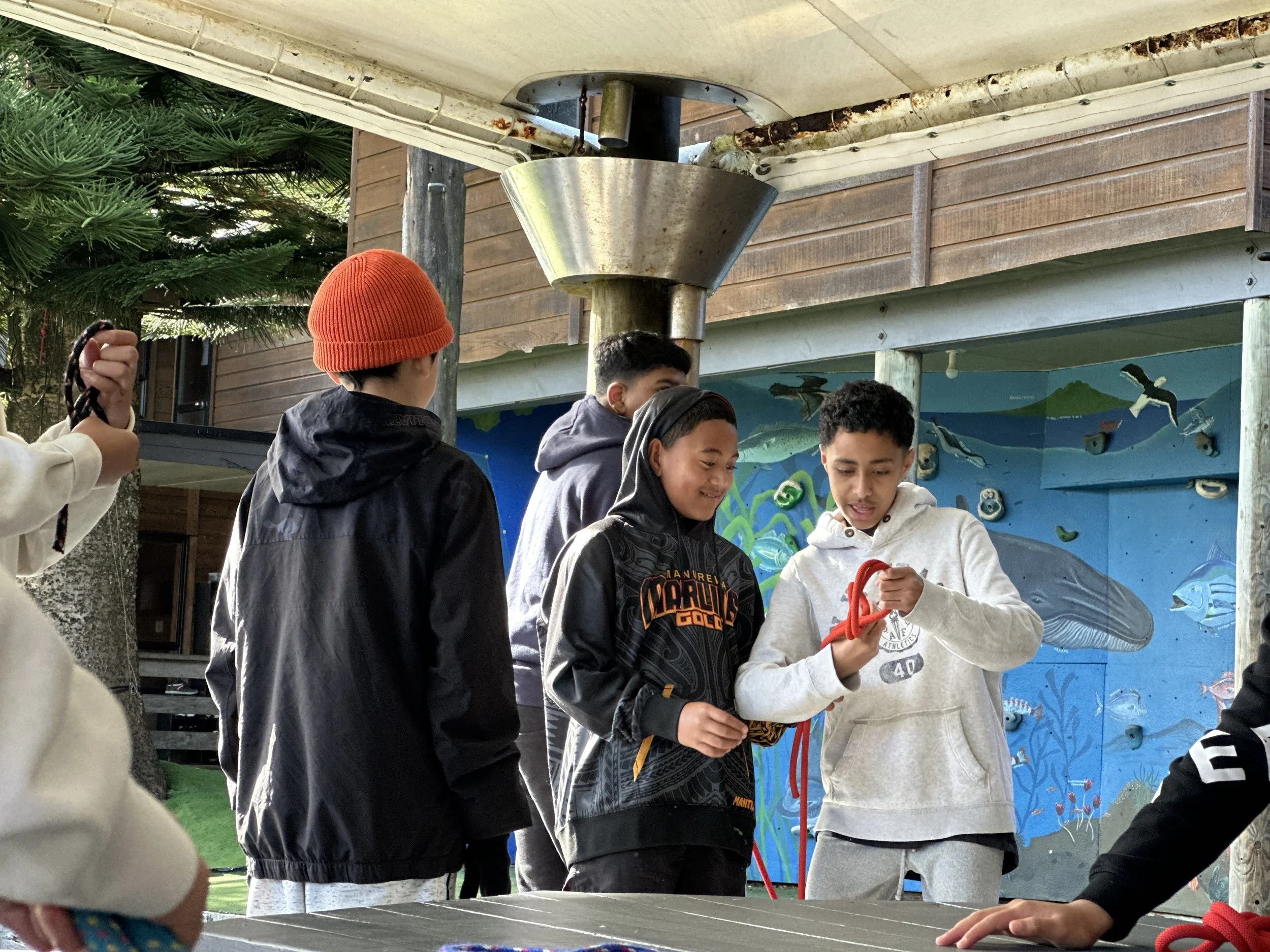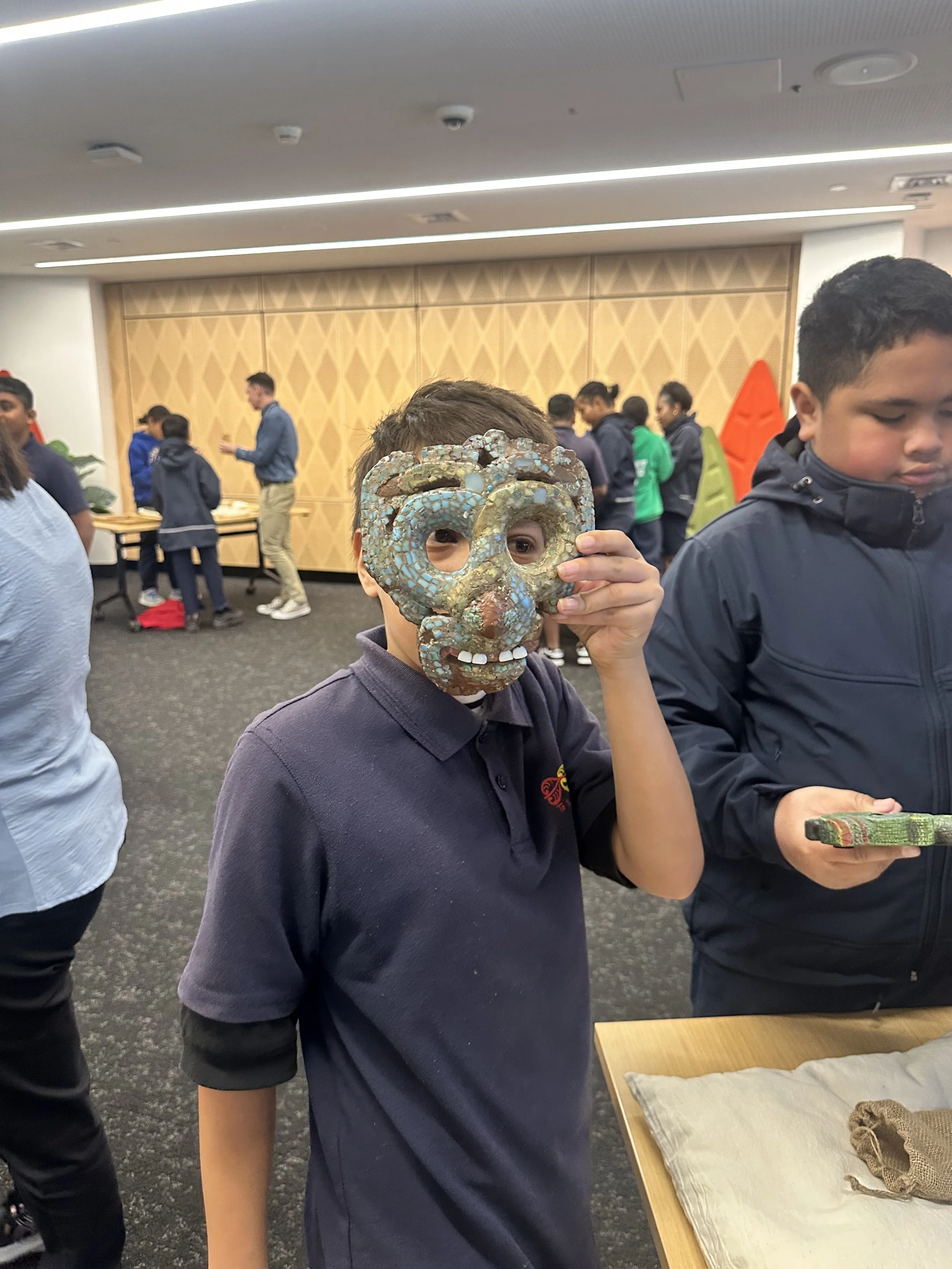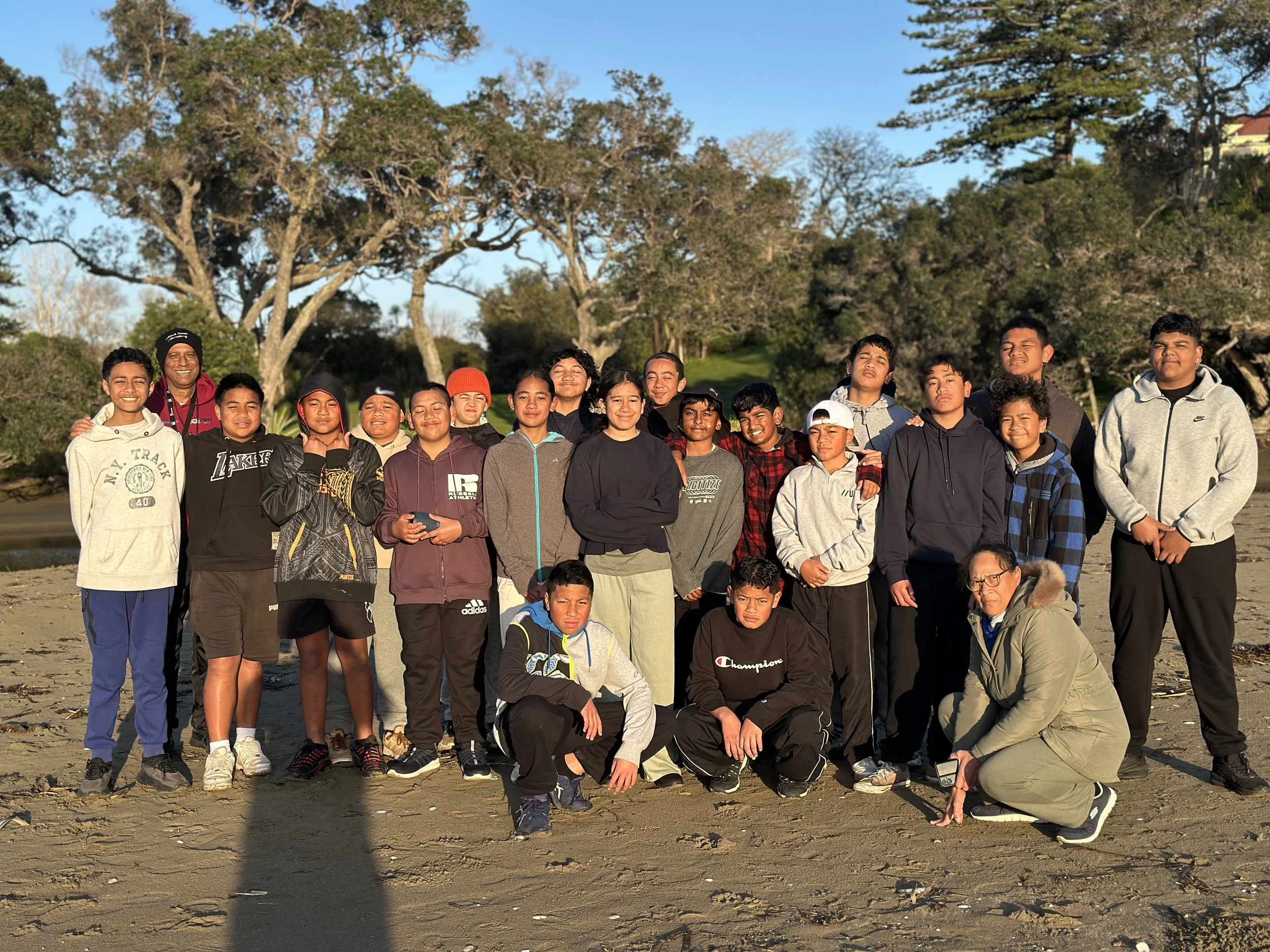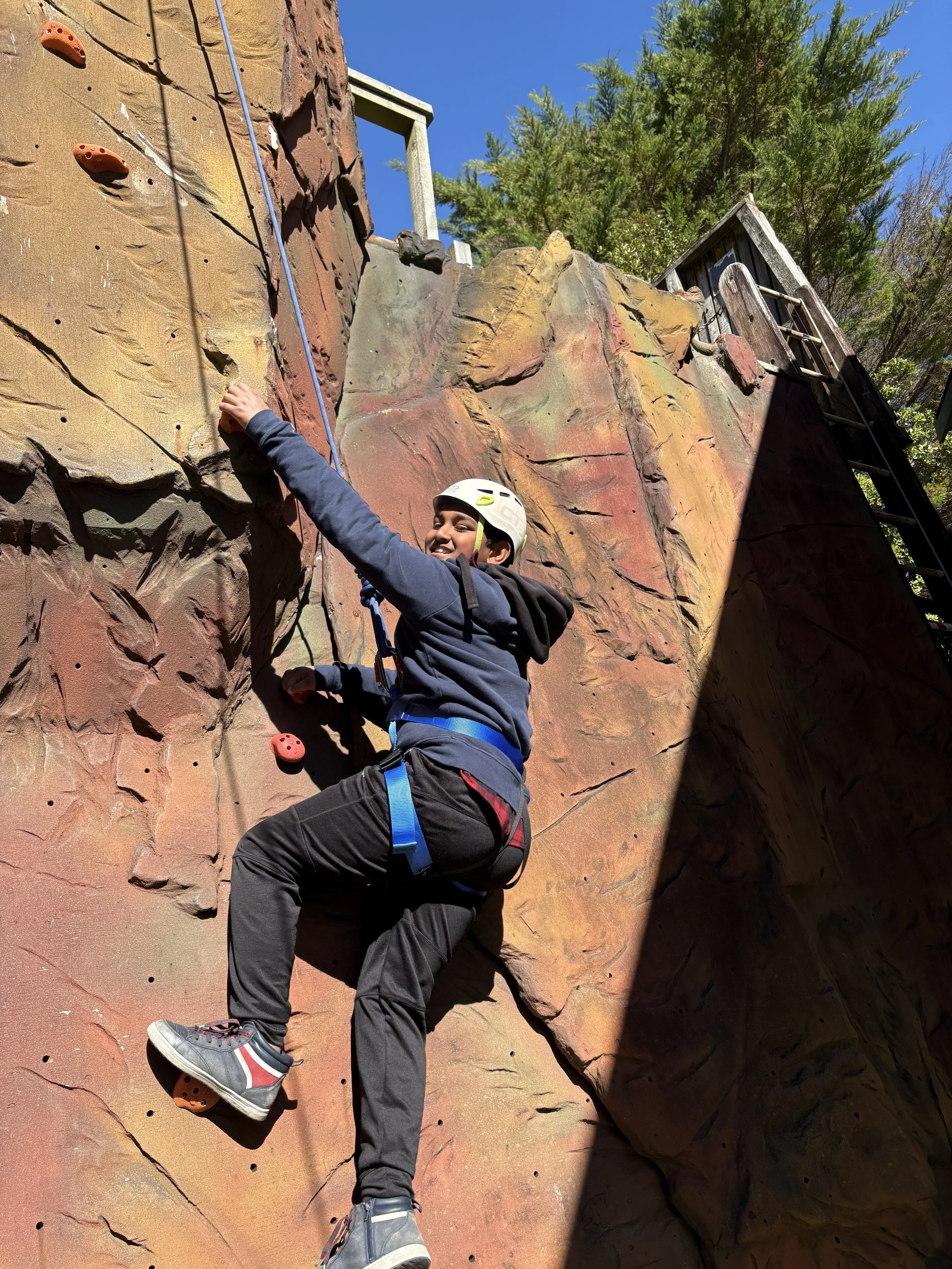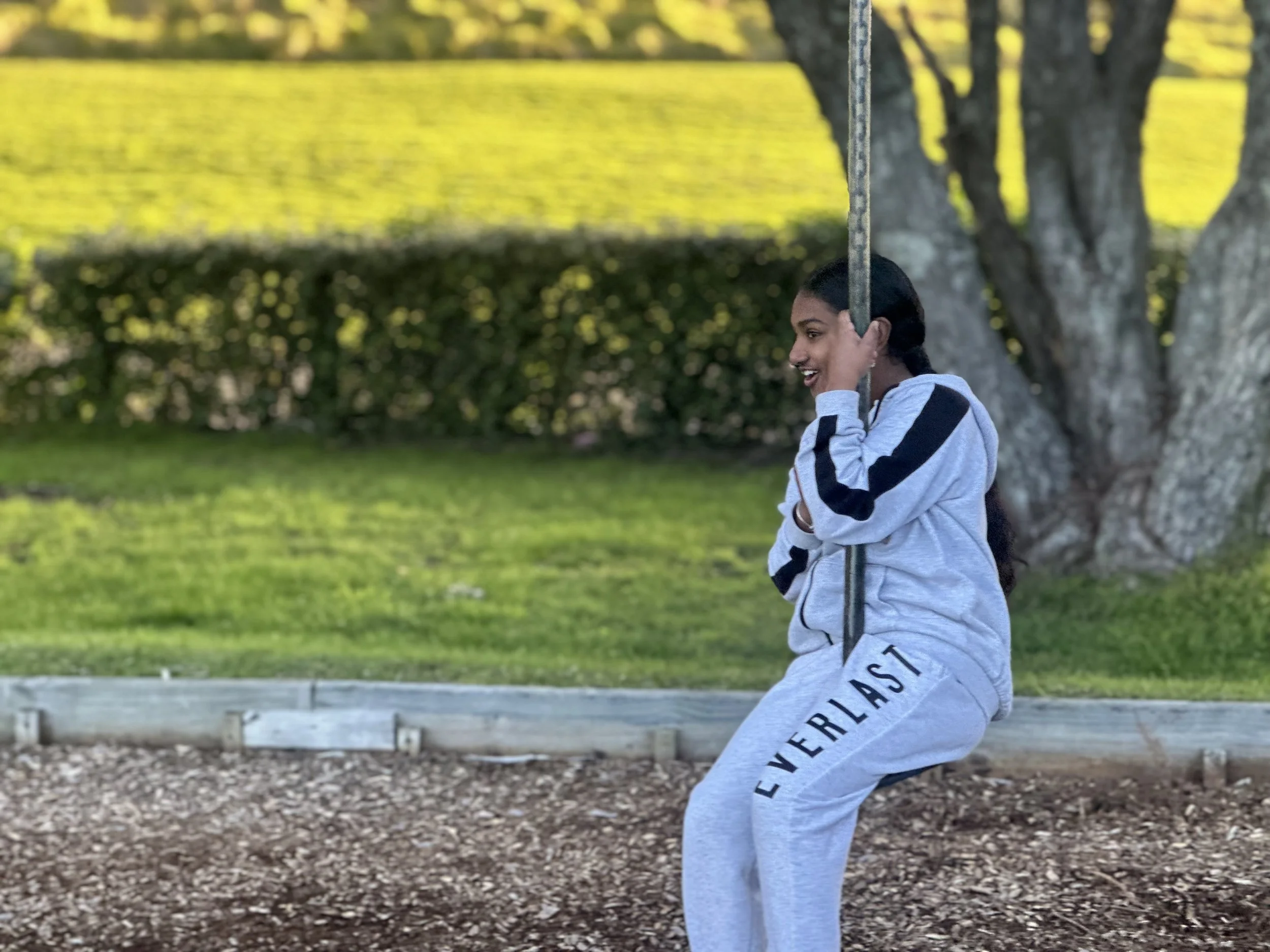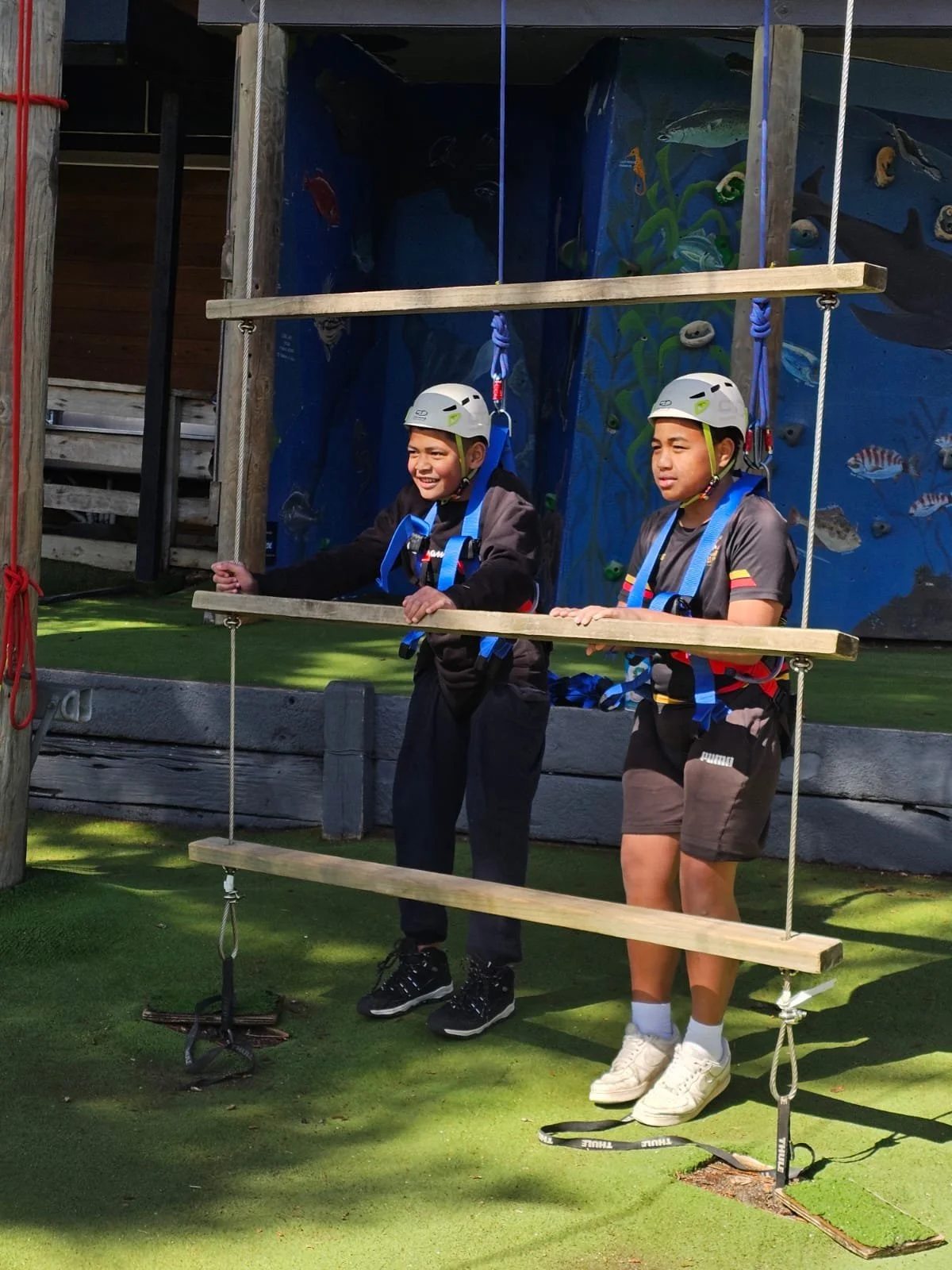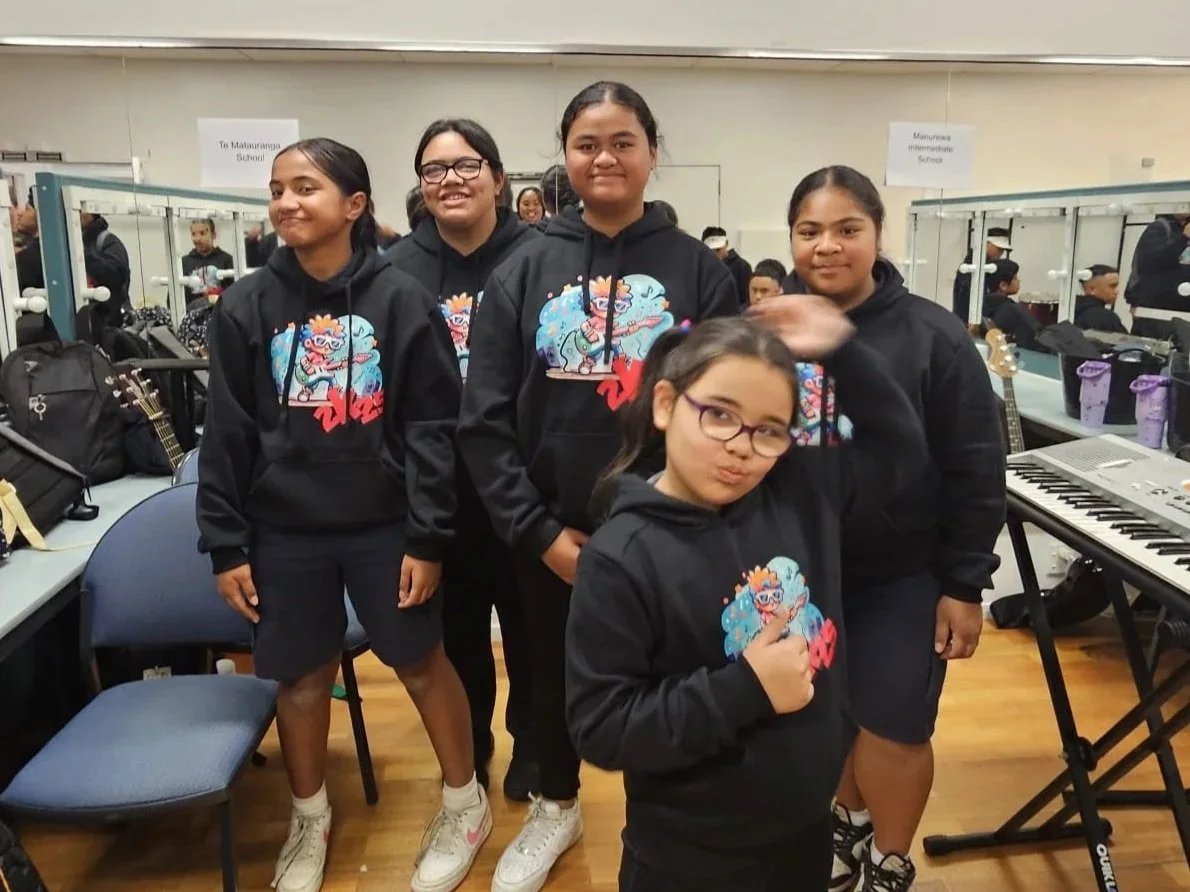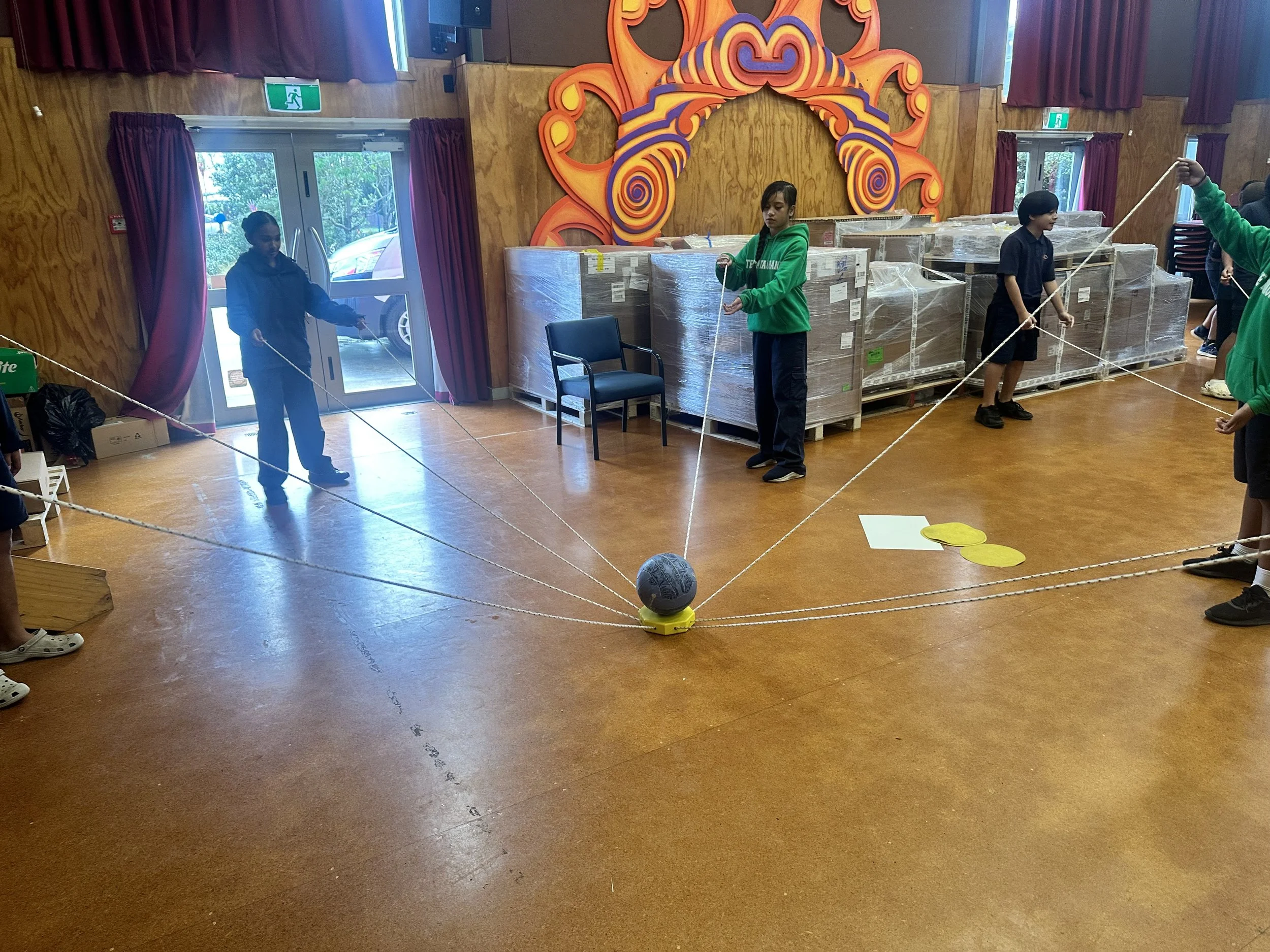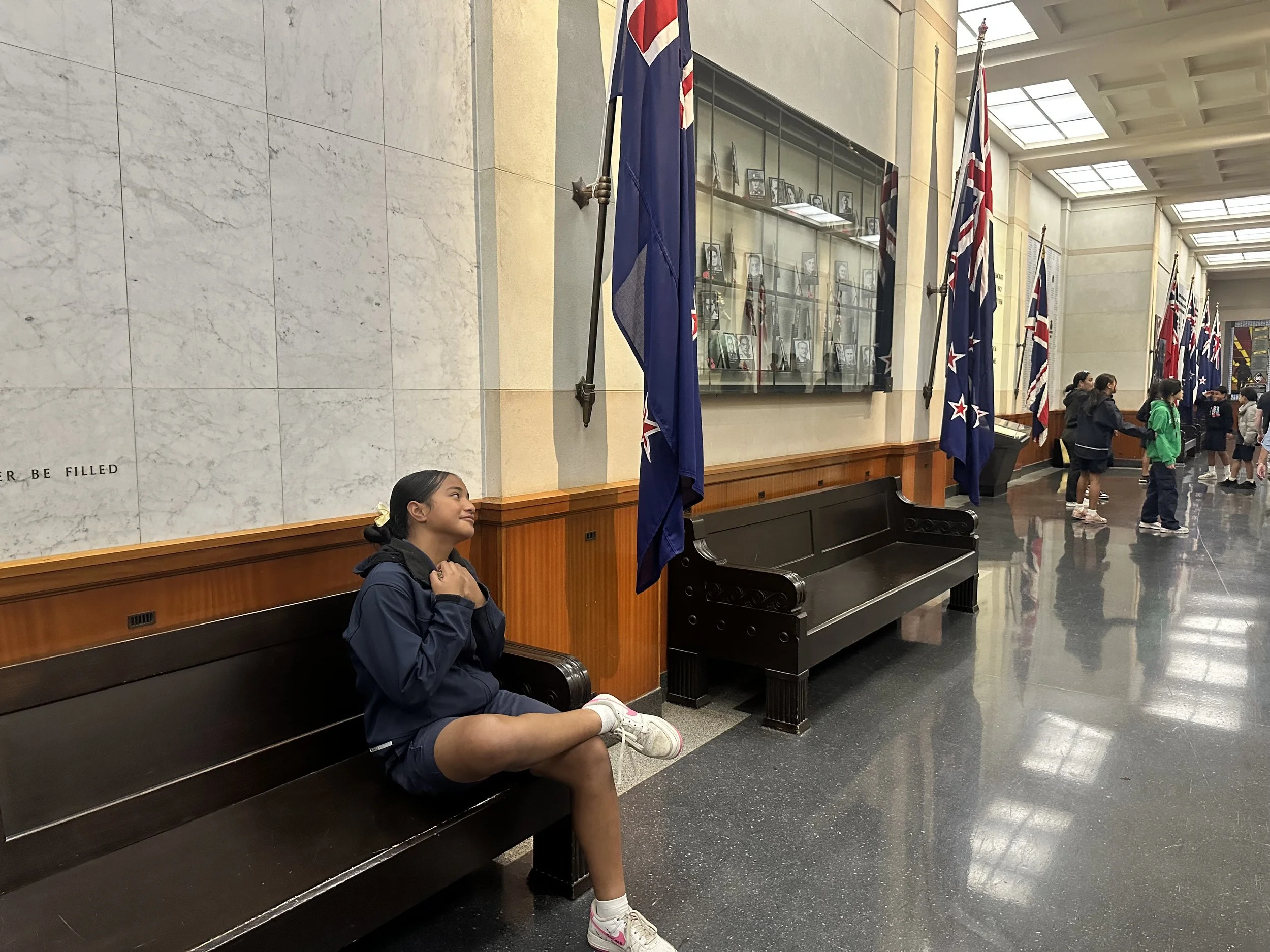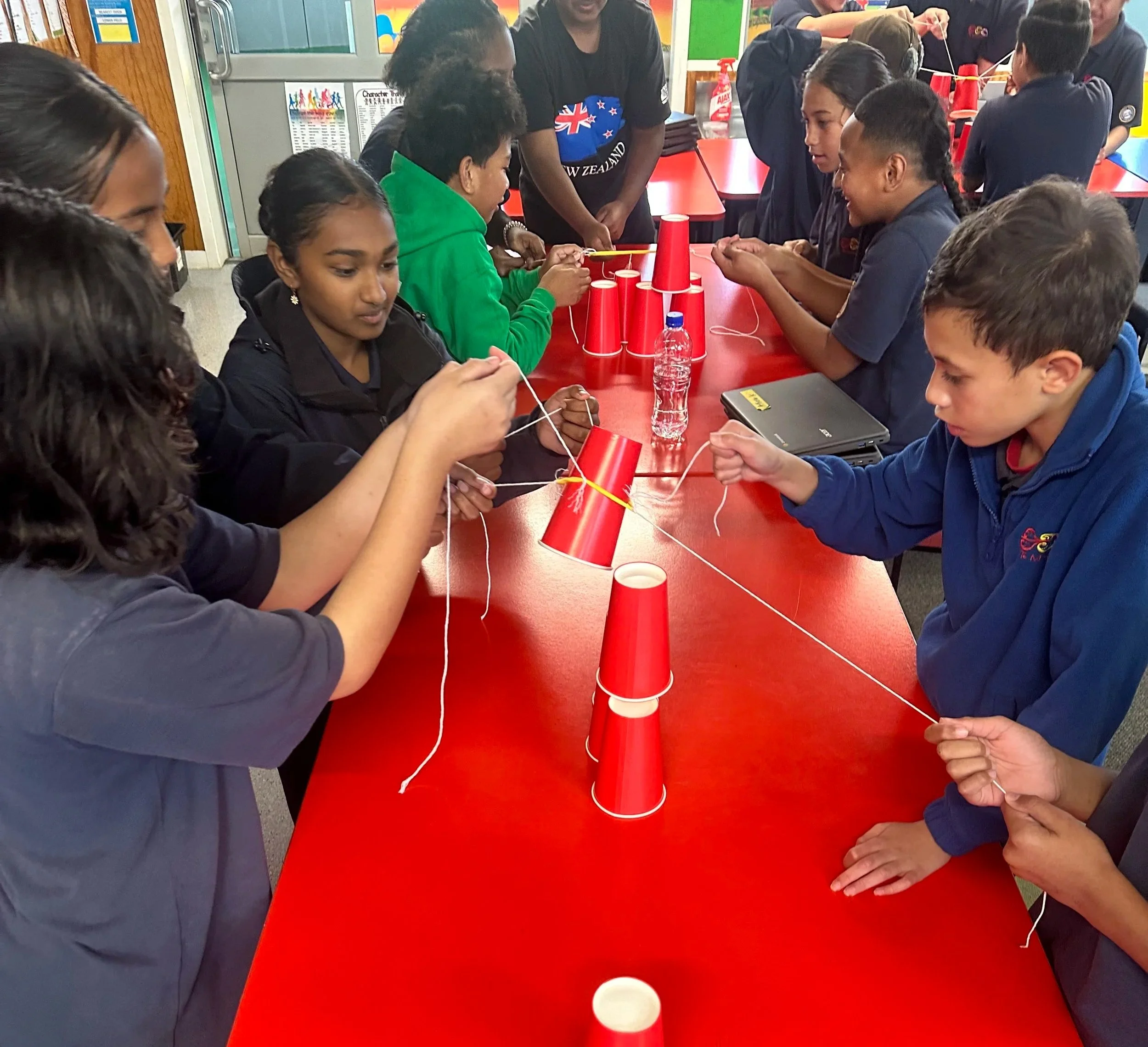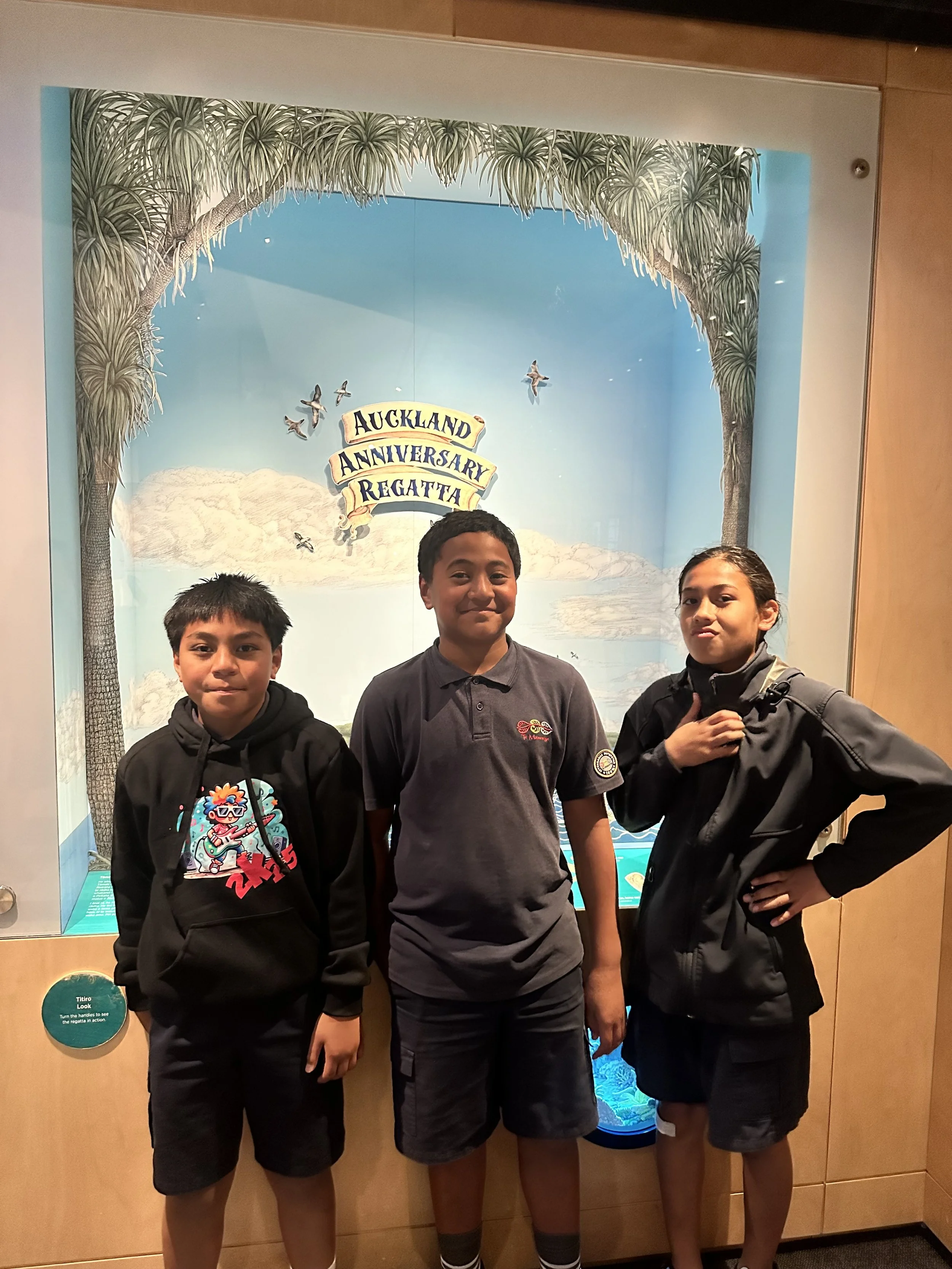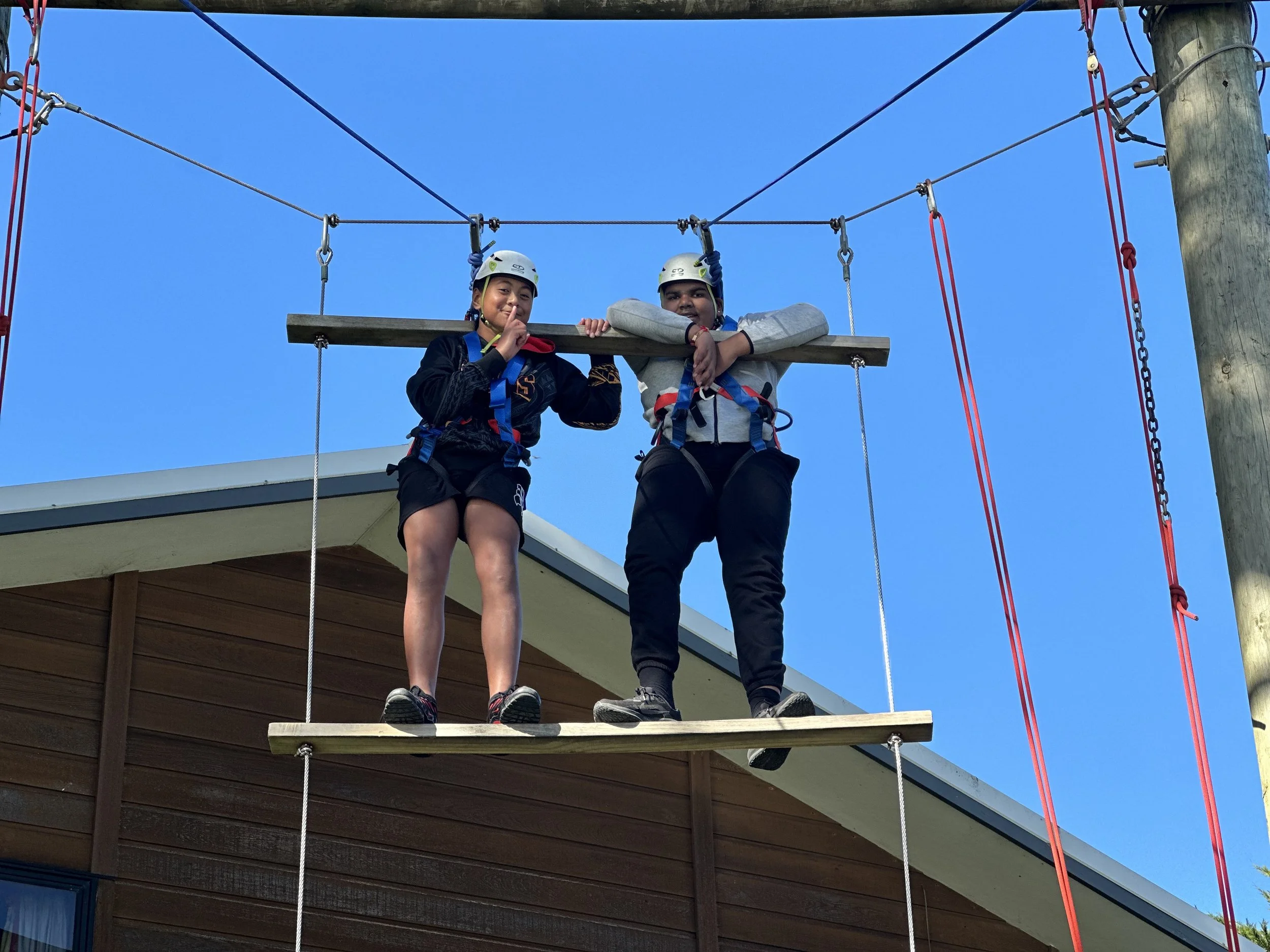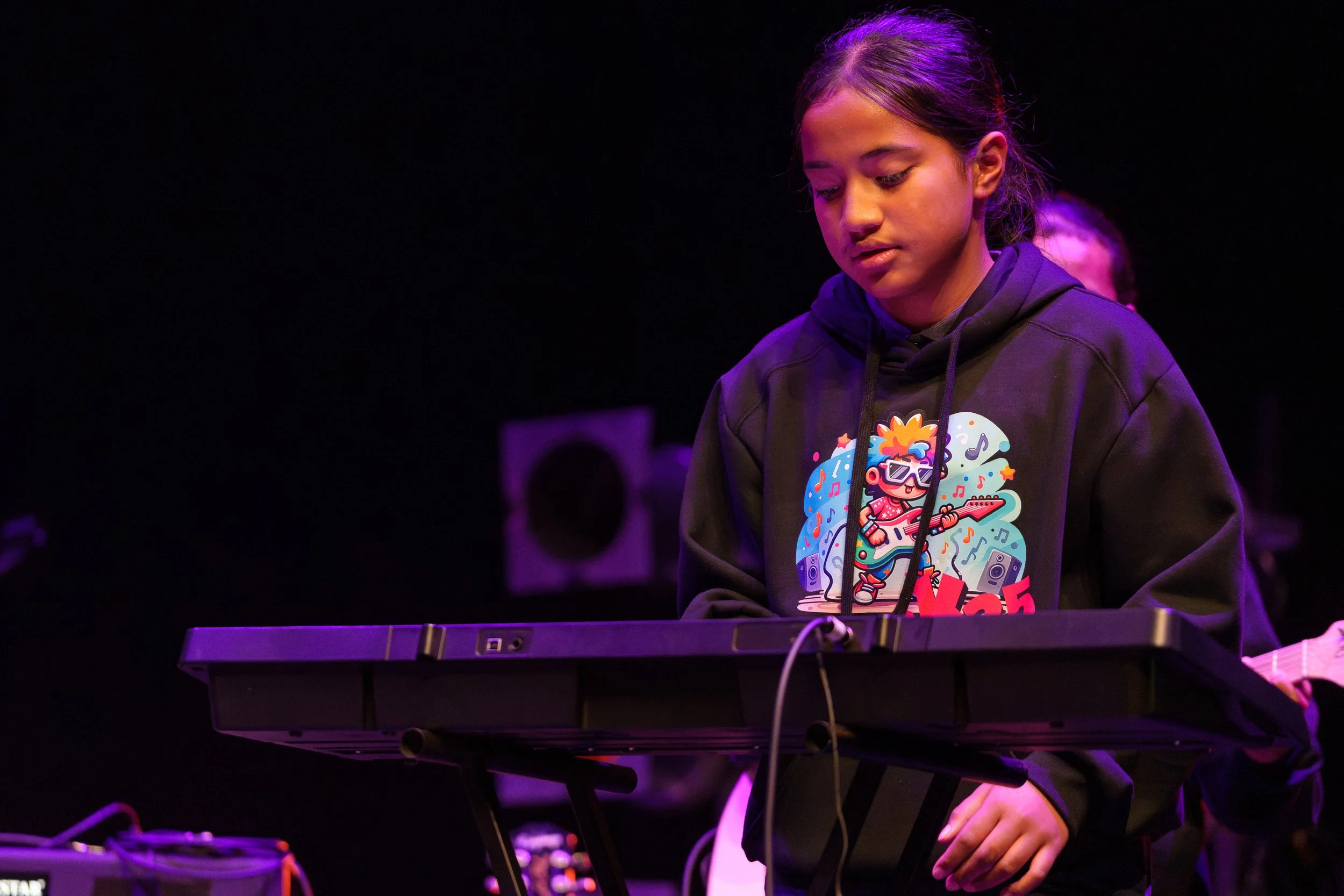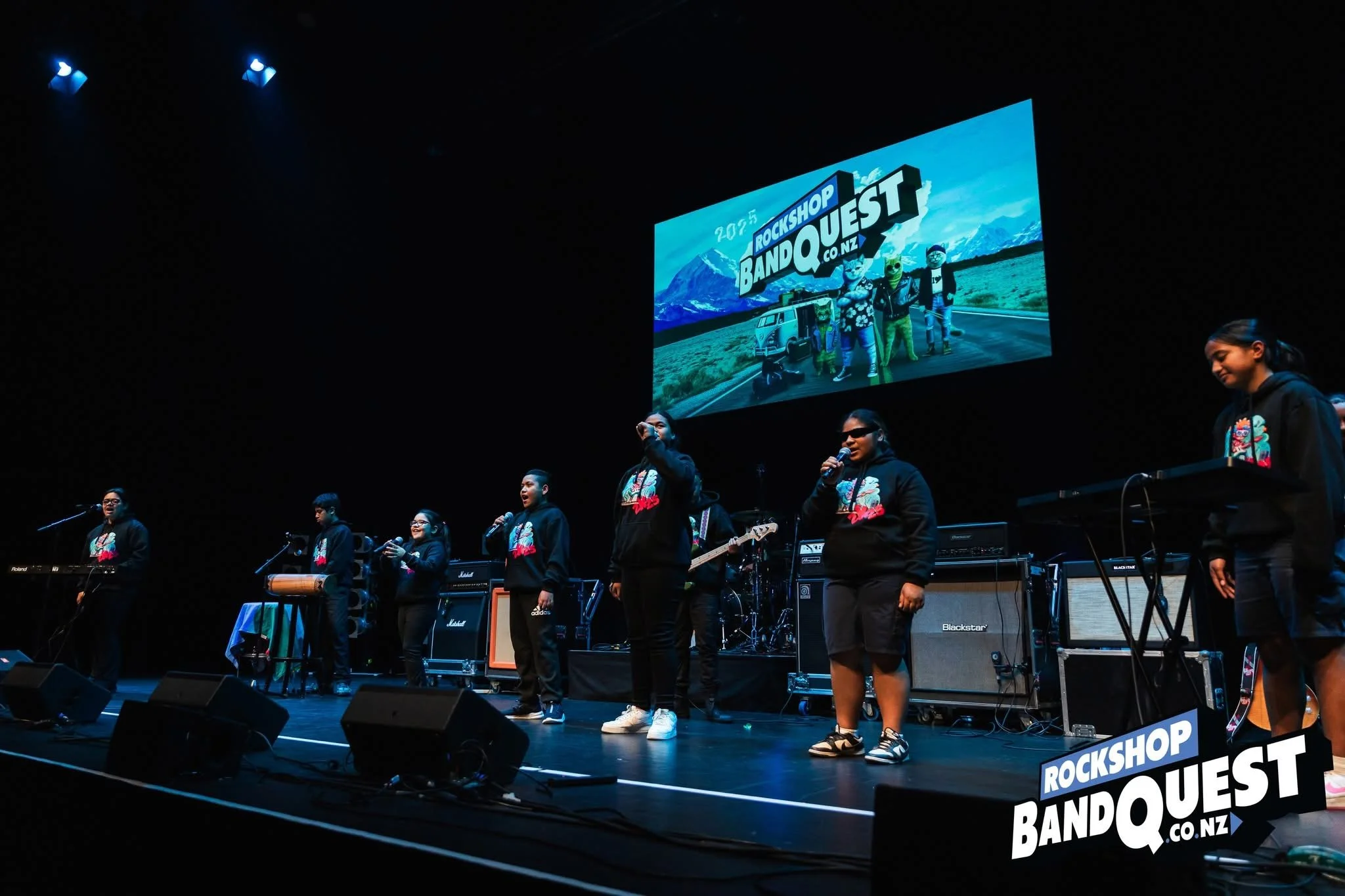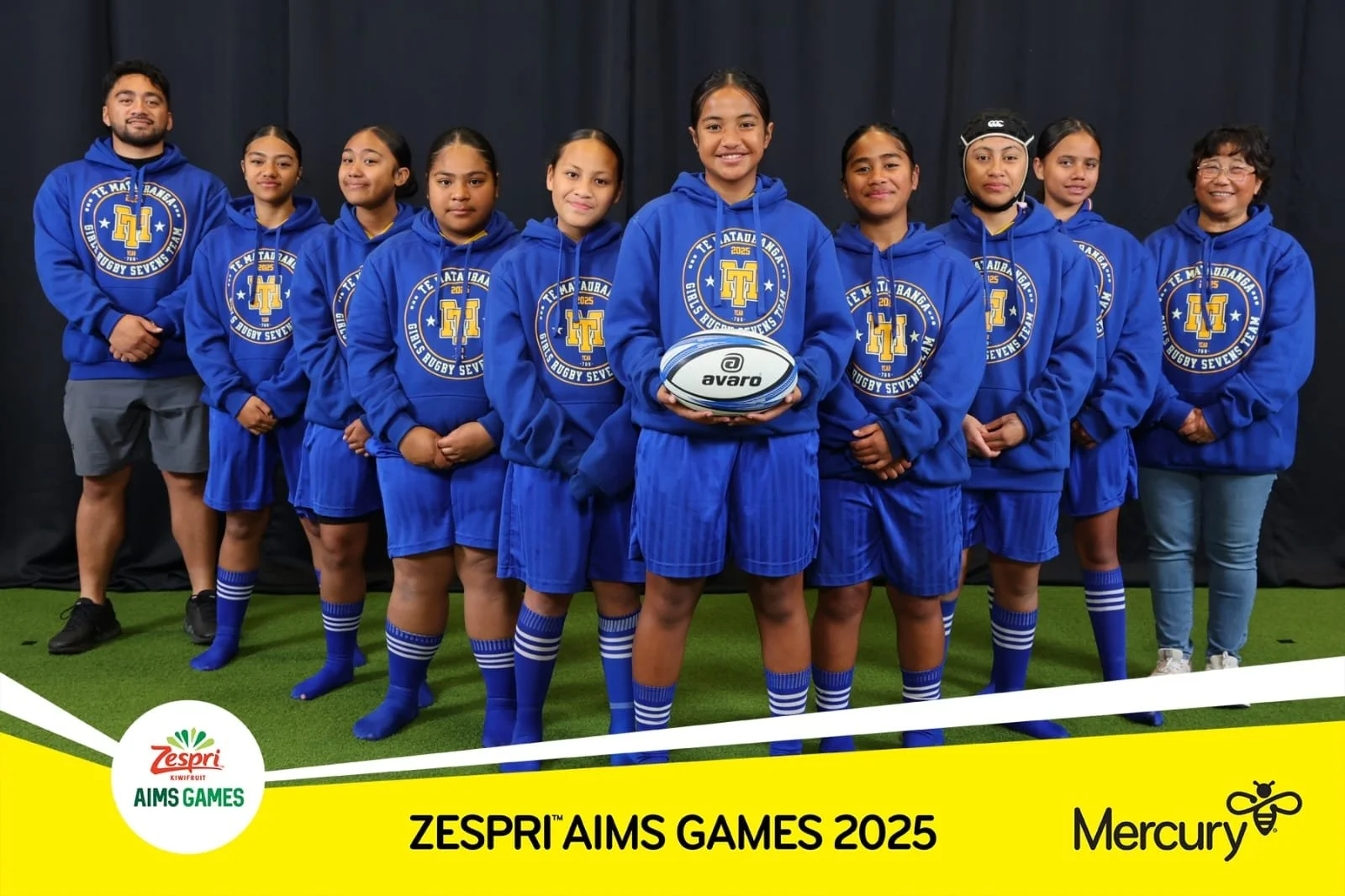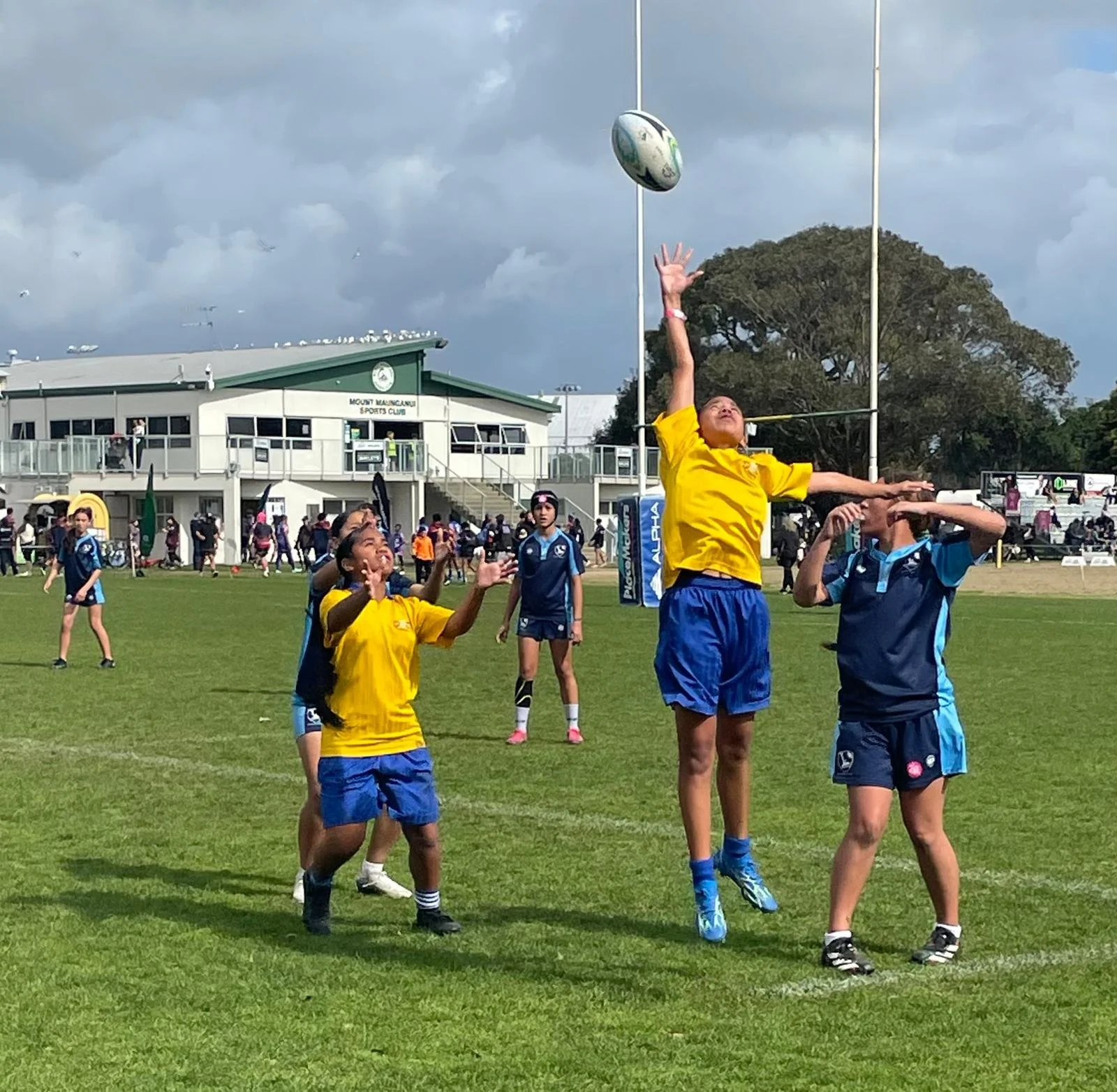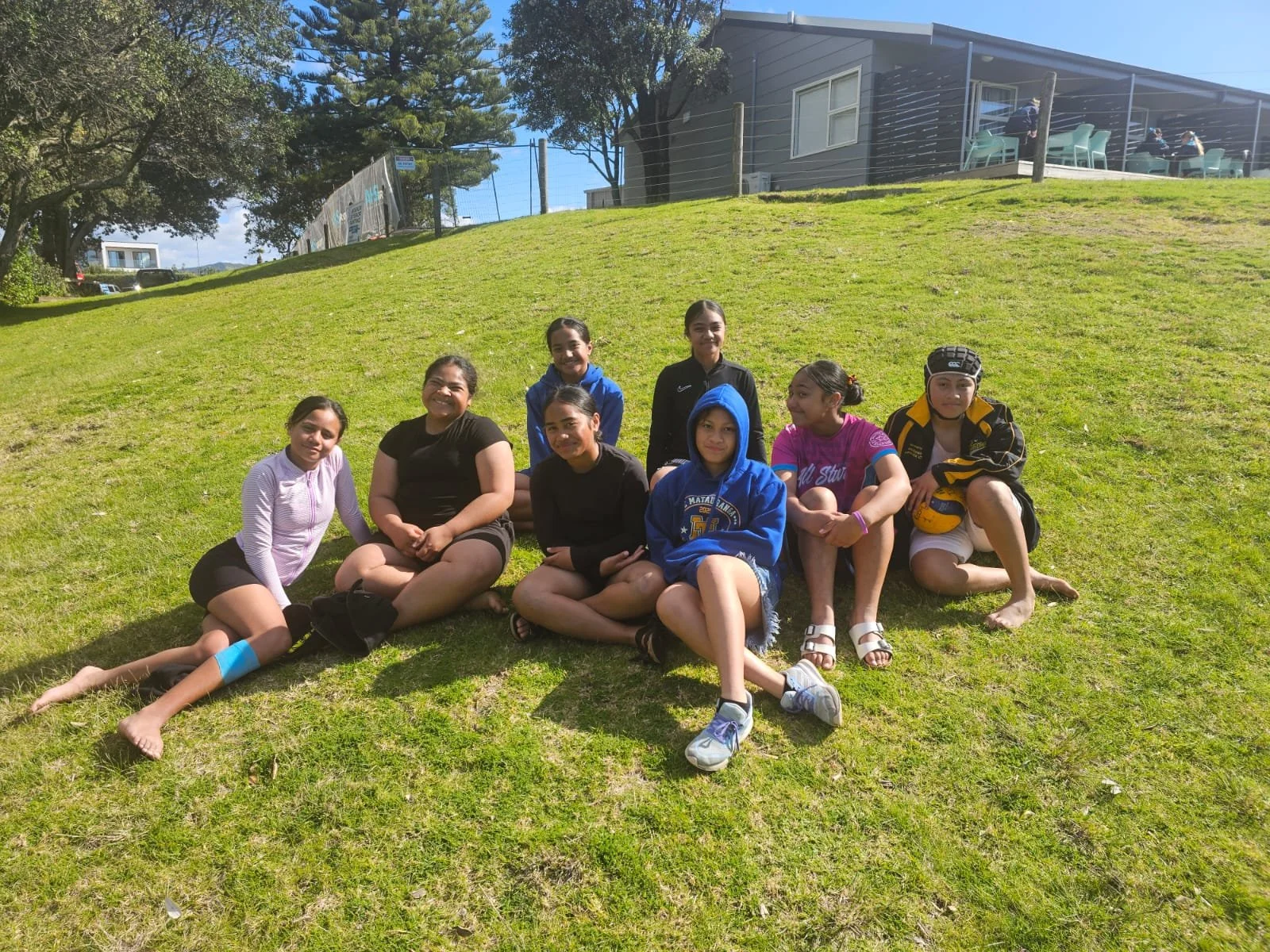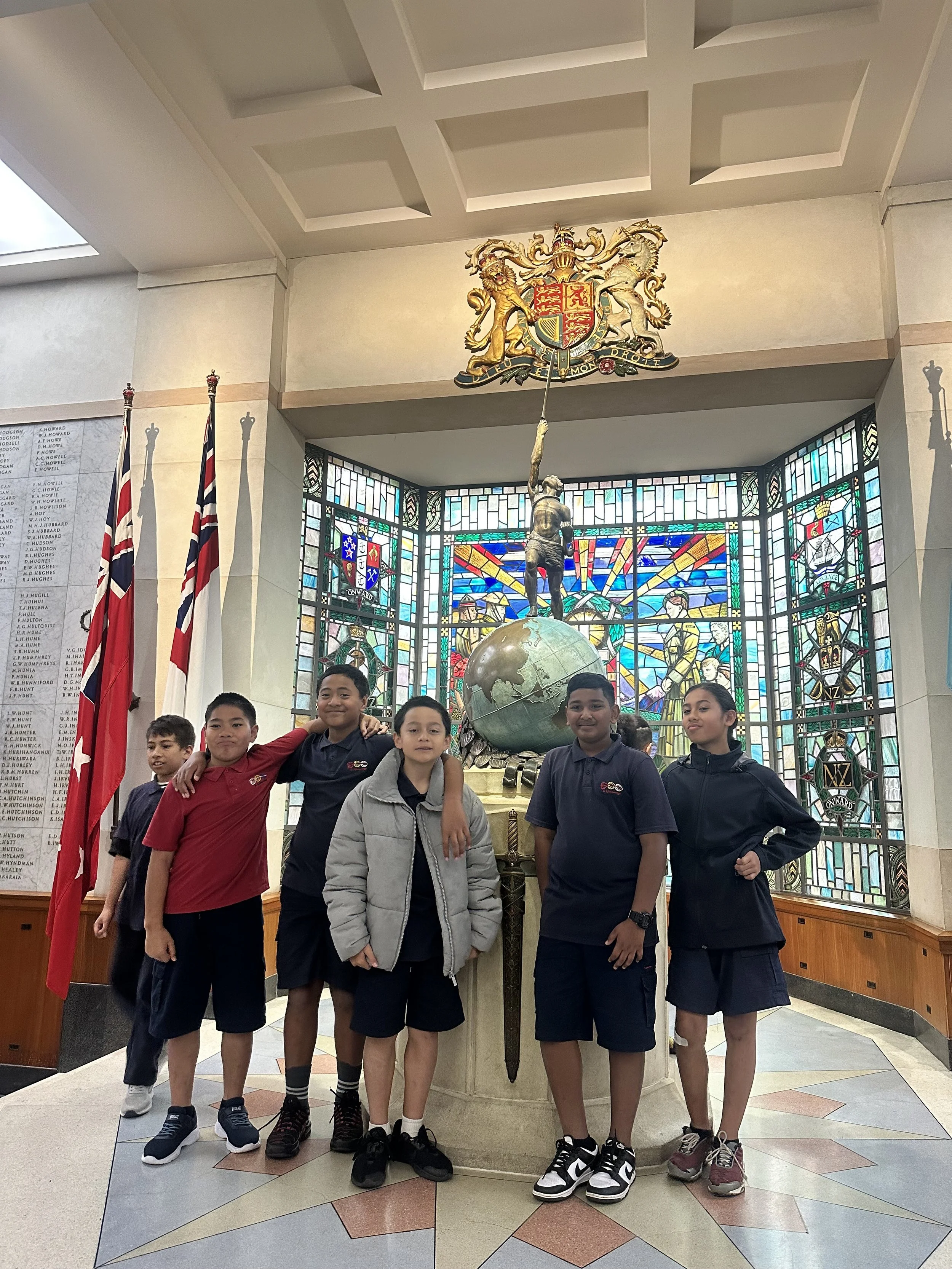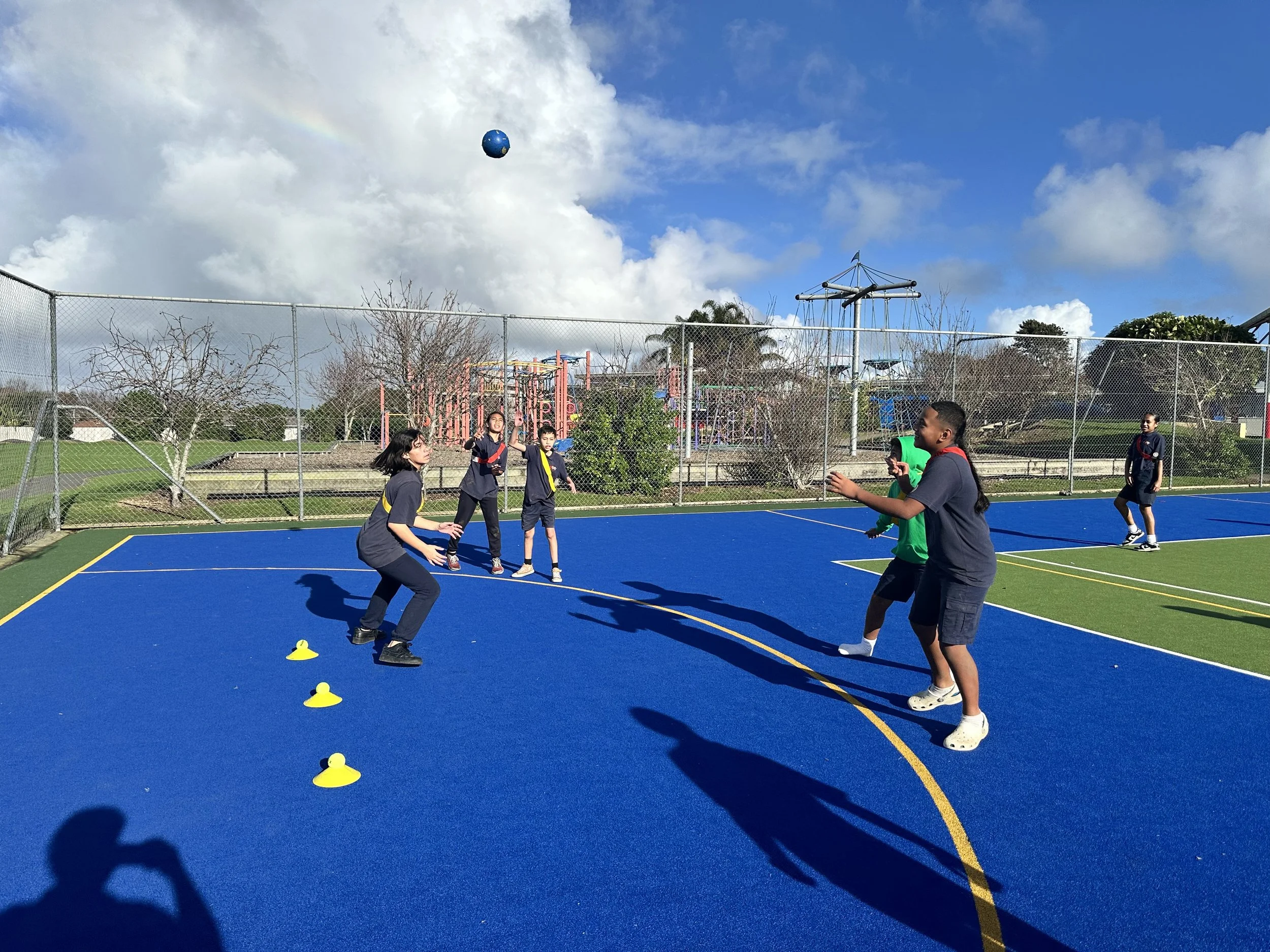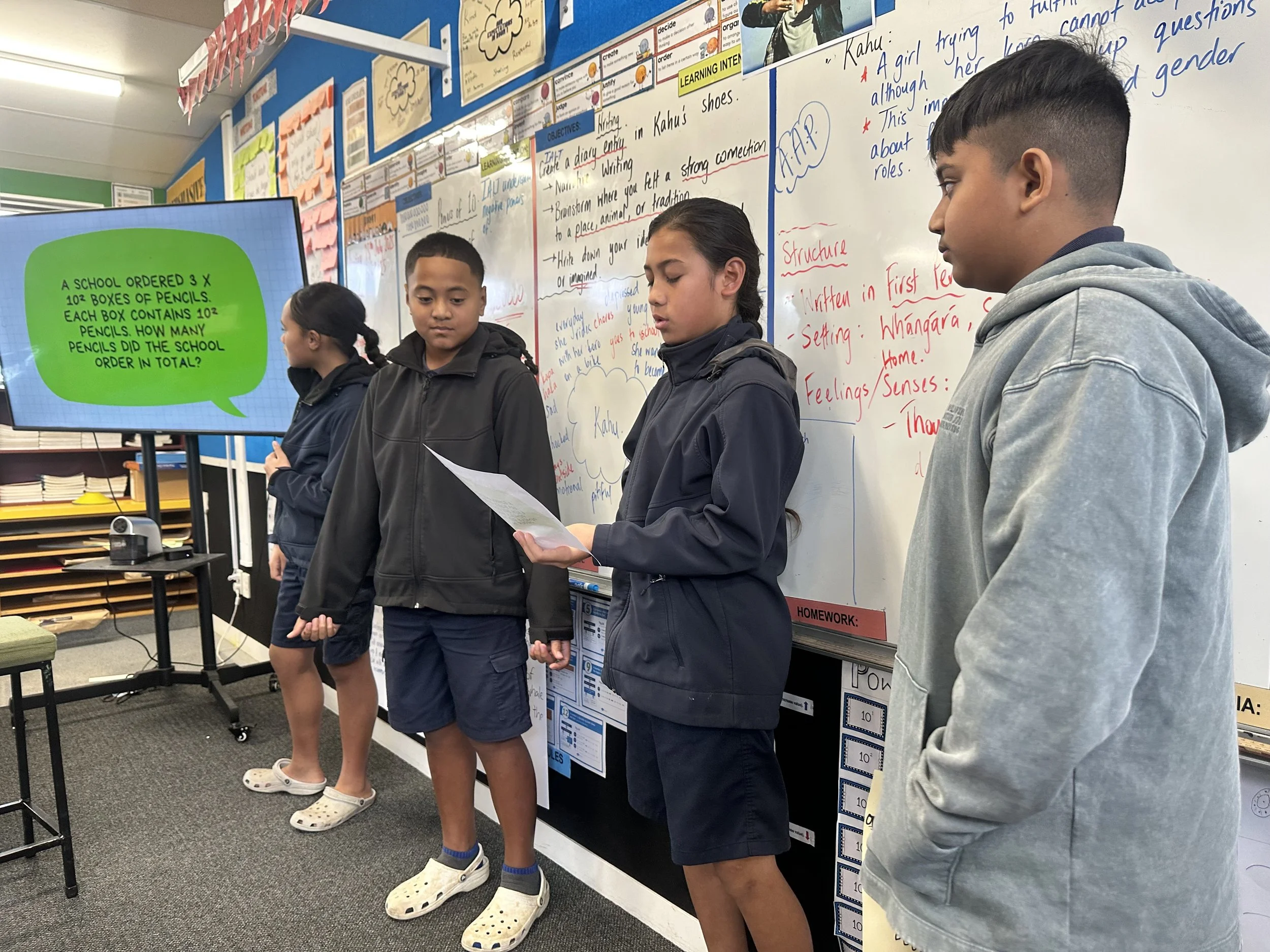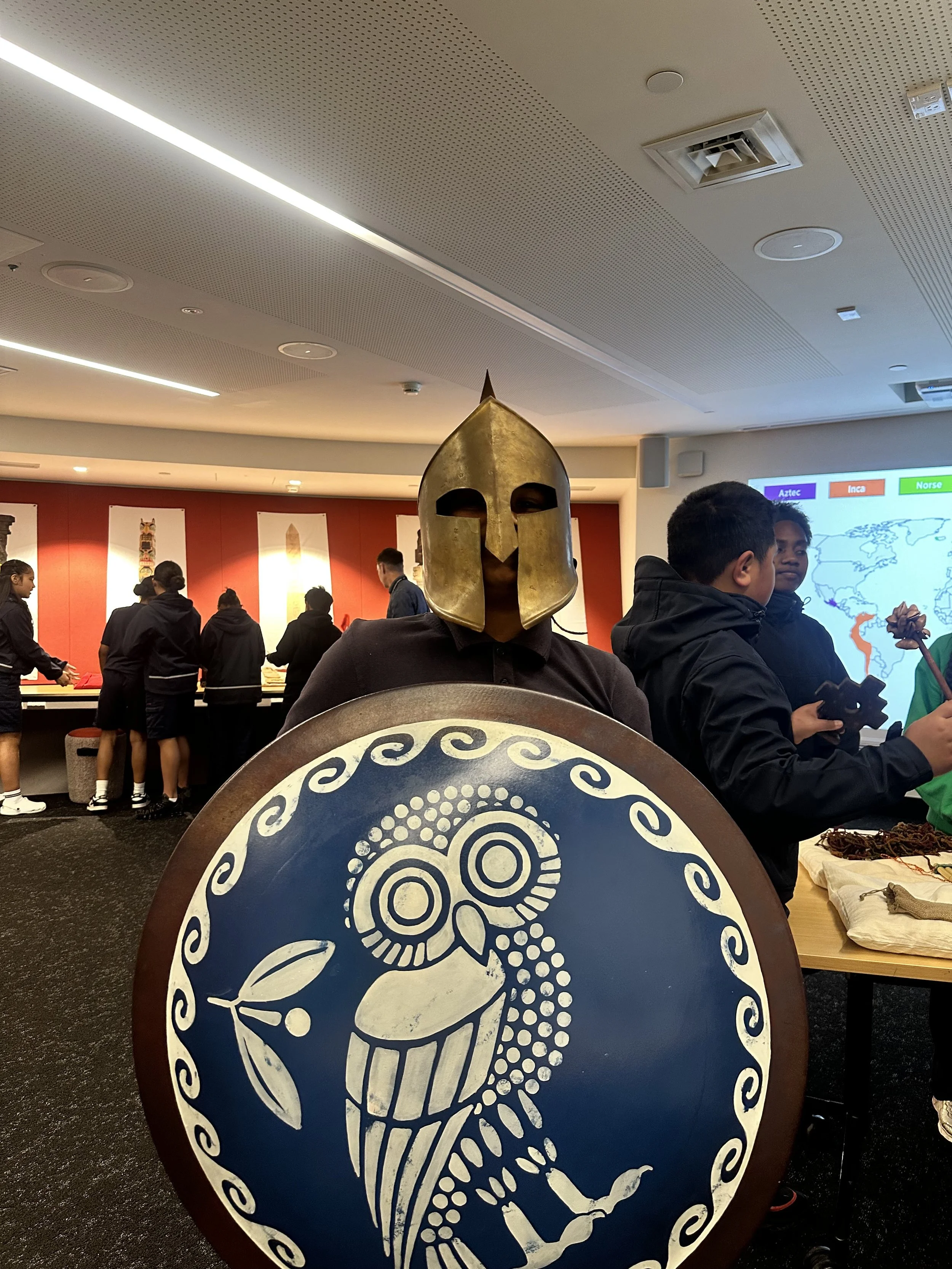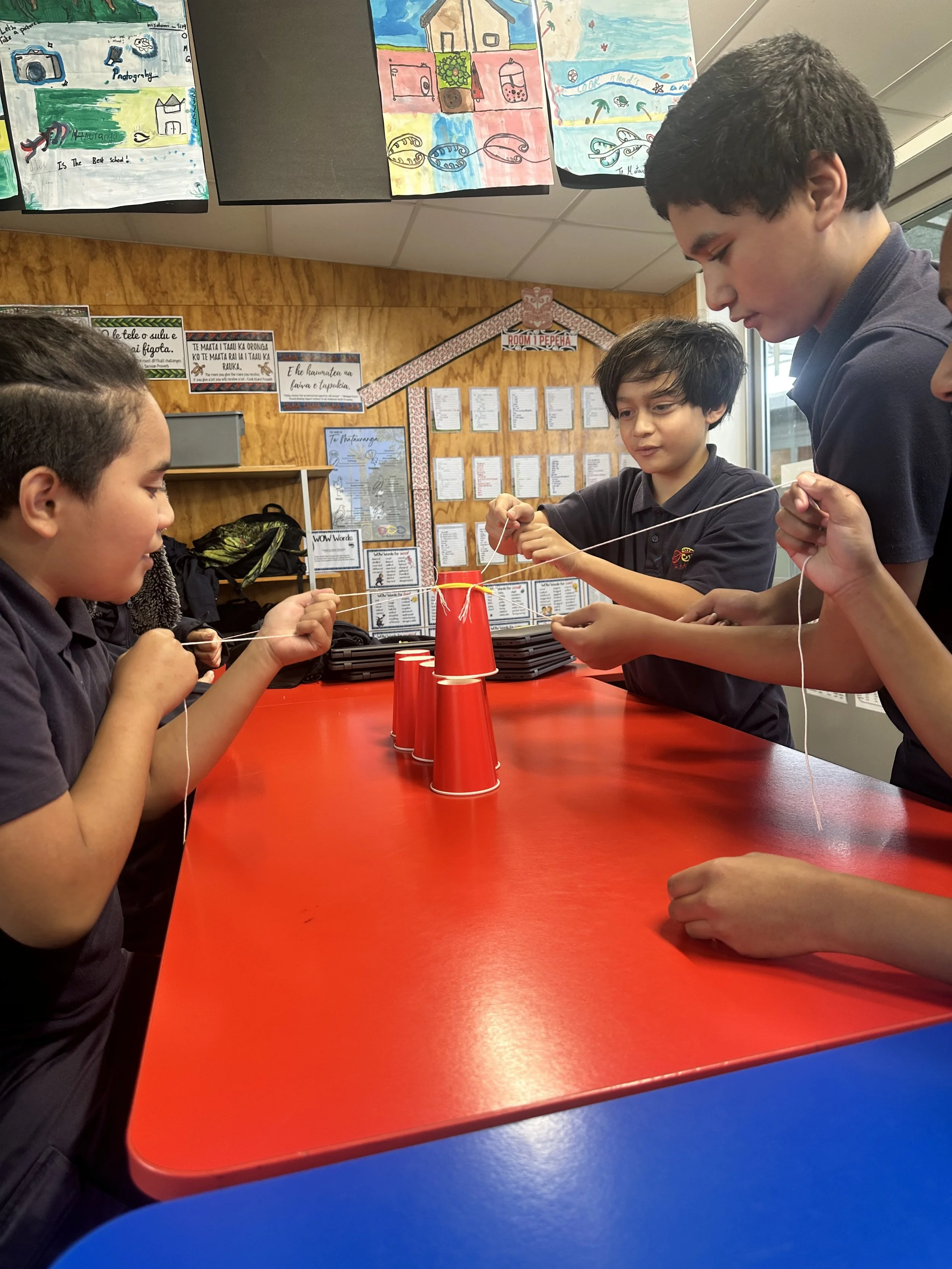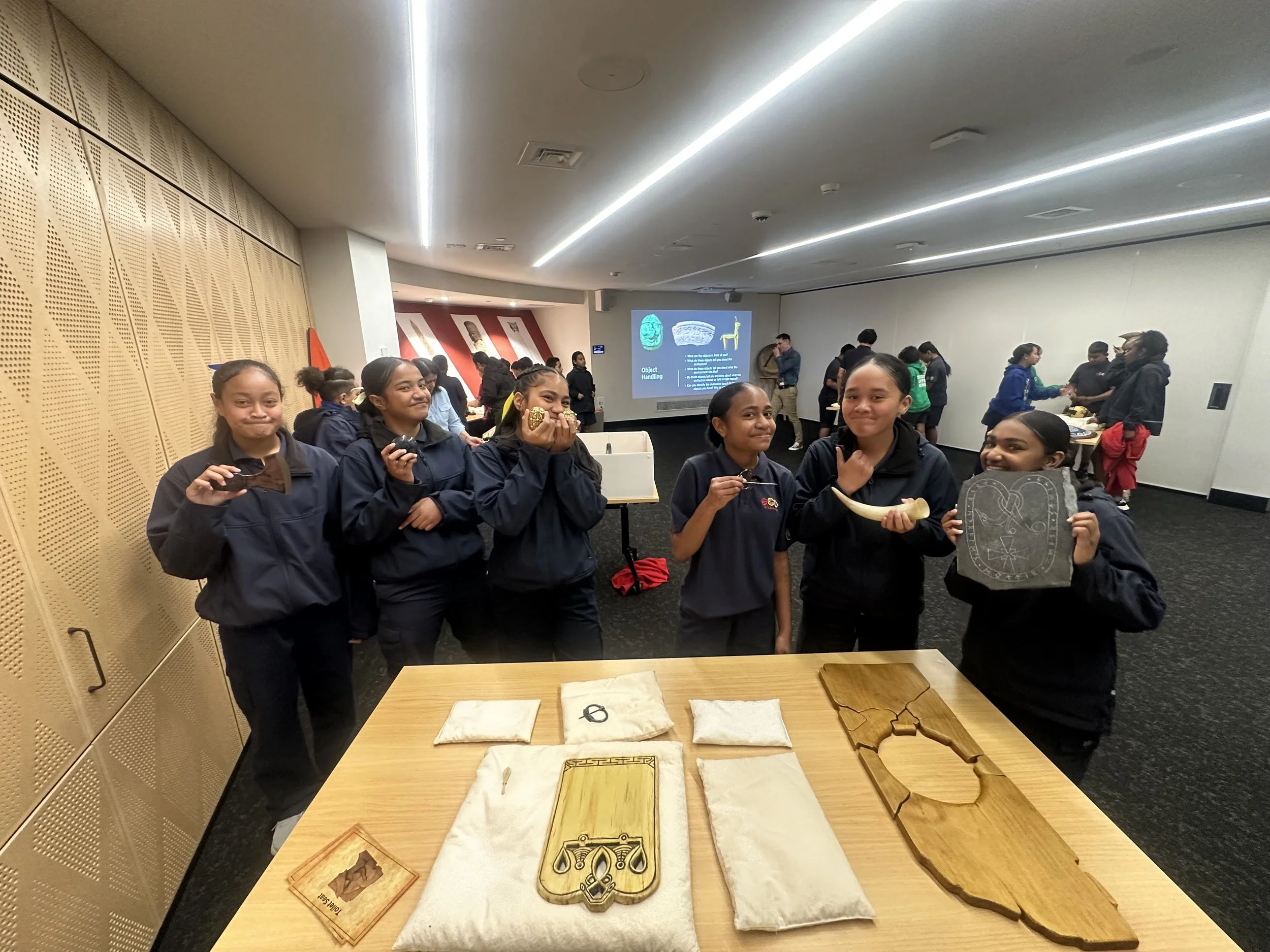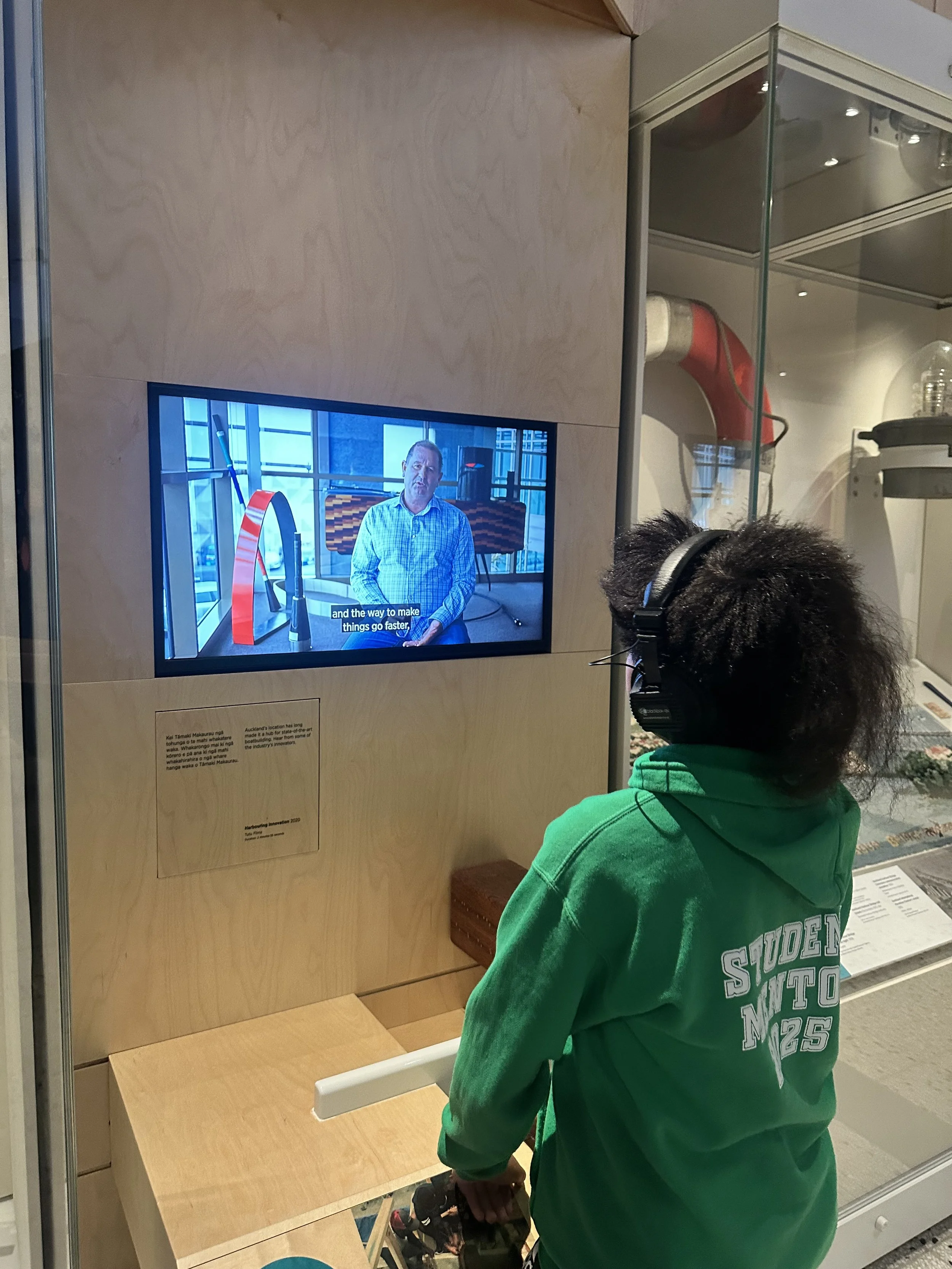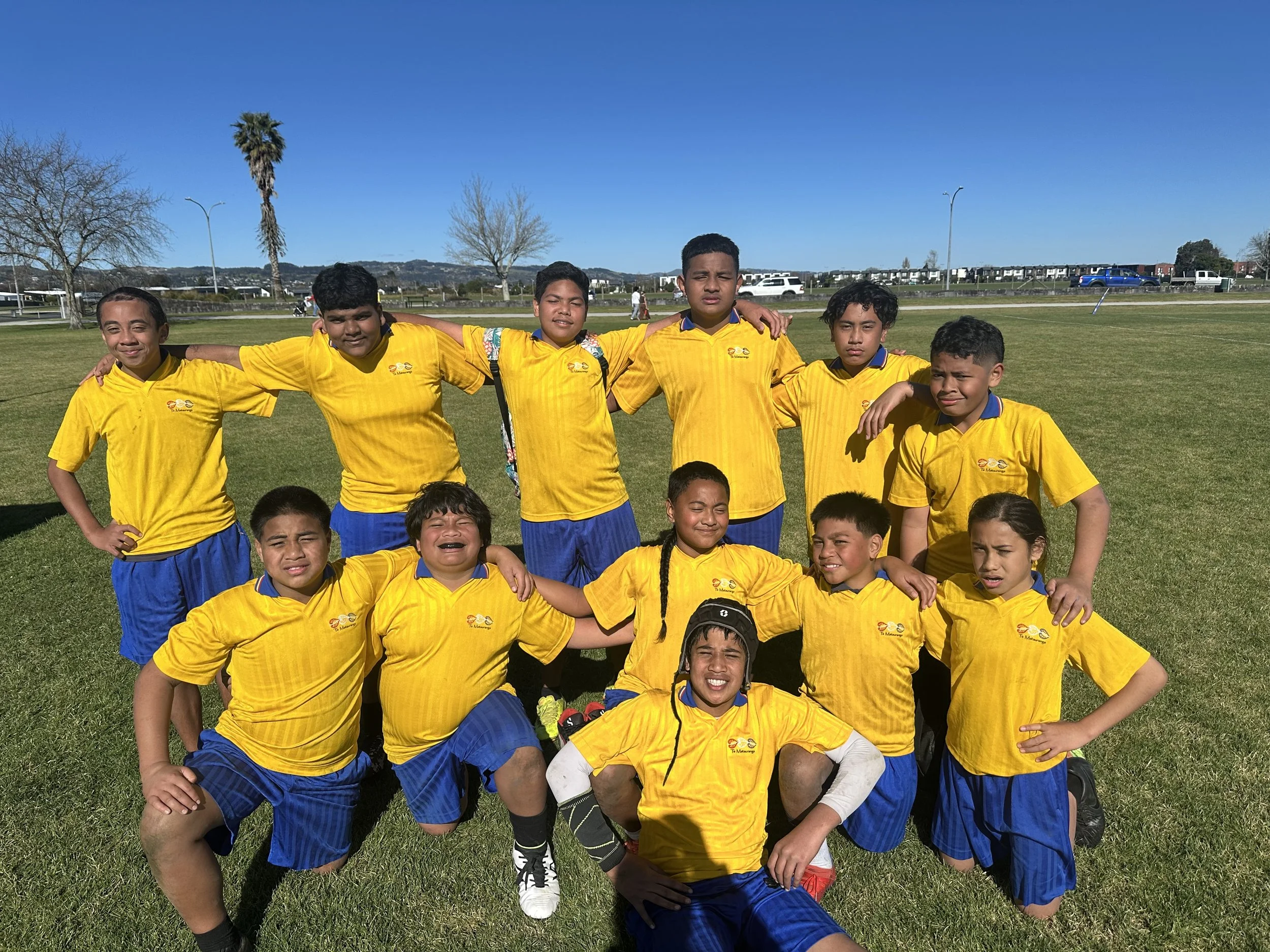MATHEMATICS
Writing
Reading
Arts
Week 1-4
Number (Fractions)
Identify, read, write, and represent fractions, decimals (to three places), and percentages.
Compare, order, and convert between fractions, decimals (to three places), and percentages.
Find equivalent fractions, simplify fractions, and convert between improper fractions and mixed numbers.
Multiply fractions by whole numbers
Add and subtract fractions with different denominators of up to a tenth, using equivalent fractions (e.g., 3/4 + 1/3)
Create, test, and revise algorithms involving a sequence of steps and decisions.
Week 5
Number | Algebra
Identify the constant increase or decrease in a linear pattern, use variables and algebraic notation to represent the rule in an equation, and use the rule to make conjectures.
Week 6-9
Algebra
Number and Algebra: Add/Sub, Mult/Div with whole numbers and decimals.
Measurement and Geometry: Time, shapes, angles, position and orientation.
Probability.
Week 10
Statistics | Number
Use the PPDAC cycle to conduct investigations using multivariate datasets, summary, comparison, time-series, and relationship situations for paired categorical data.
Pose questions about a local community matter, make conjectures, plan for data collection (how and who), build awareness of ethical practices in data collection.
Collect primary data or gather information about variables in sourced data, create a simple informal data dictionary, and check for errors.
Create data visualisations for the investigation.
Make statements about the data, including its features and context, in descriptions of distributions.
Using evidence to communicate findings, comparing findings to initial conjecture.
Evaluate the findings of others to check if their claims orstatements are supported by the data visualisations they use.
Term 4 overview:
leaving a mark to help others
Narrative Writing | Persuasive Writing | Explanation Writing
I can organise my writing so that differences, additions, and other connections are clear to the reader.
I can use figurative language, like similes (e.g., as busy as a bee) and metaphors (e.g., The classroom was a hive of activity), to enhance my descriptions.
I can begin to use idioms (e.g., spill the beans or it’s raining cats and dogs) to make my writing relatable and interesting.
I can explain how my use of figurative language and idioms helps the audience connect with my writing.
I can use the SEED approach to structure their writing.
I can independently plan and organise my writing using the most effective graphic organiser or mnemonic for the task.
I can ensure my writing includes cohesive links between paragraphs and flows logically throughout the text.
I can selectively accept or reject audience and peer feedback and justify my decisions based on my purpose and audience.
I can revise and edit my writing at all levels—word, sentence, and text structure—to make it clear and engaging for the reader.
TERM 4 EVENTS
CCSA Touch
Labour Day
F.L.L Competition
C.M Games
CSSA Athletics
School Disco
Rainbows End
Whole School Prizegiving
Each child in Room 1 will bring a book home everyday to read and complete a quick reading activity. This reading activity and reading log will be displayed in the homework book.
Novel Study: Wonder by RJ Palacio
I can learn and apply letter-sound correspondences, including common and less common spelling patterns.
I can identify and understand the meaning of common prefixes, suffixes, and root words.
I can build automaticity in word reading through repeated practice and review. I can use decodable texts to reinforce new patterns and build my confidence.
I can handwrite with ease and automaticity when writing for multiple purposes throughout the school day.
I am beginning to type with speed and accuracy, using correct finger placement and the shift key to access capital letters and punctuation (keyboarding).
I can identify and explain the main ideas, key details, and themes in what I read. I can make inferences and draw conclusions from information in the text.
I can interpret and evaluate the author’s purpose, point of view, and use of language. I can analyse how authors use language features, structure, and literary techniques to create effects and influence readers.
I can evaluate the author’s purpose, point of view, and how they position readers through their choices.
Drama
PE
Small Ball Skills
Learning pathway
F.L.L
F.T.C
lOOKING BACK AT Term 1
WE BELONG POEMS
Students express through the 5 senses of where they belong.
TERM 2
ART INTENSIVE WEEK
SAMOAN LANGUAGE WEEK
Speech by susann tanoai
& pelema vaaga
Avea lou nei leo e fai ma sui o le potu tasi. Ia faamanuia atu ai, le vaiaso o le gagana Samoa. O le autū i lenei tausaga: “Ia malu lou sā. Folau i lagimā / A well-grounded self is a successful self.
A malu se va’afolau, o le atoatoa lea o itu uma o le vaa, ma e mautinoa o le folauga e taunu’u ma le manuia.
E fa’apena foi le tagata, o le atoatoa ma le lelei o ana tapenaga, e malu ai lona sā, ma folau ai i lagimā.
A well-crafted ocean sailing vessel, built with care and precision, ensures a safe and steady journey. When all its parts are thoughtfully constructed, the vessel remains balanced, strong and ready to face the open seas.
Similarly, people who prepare thoroughly and with intention become grounded and resilient and well-equipped to navigate life’s challenges and succeed in their endeavours. No matter the challenges and hardships of life, a well-grounded person will not be easily shaken or defeated because they are firmly rooted and well-prepared.
Ia manuia le vaiaso o le gagana Samoa. Faafetai lava.
lOOKING BACK AT Term 2
Camp 2025
lOOKING BACK AT Term 3
A huge congratulations to Soni, Pelema, Ateef, Alishba, Ialiva, and Athena for their amazing effort and attitude during camp! 🌟
You all represented our class and school with pride — showing teamwork, resilience, and a positive spirit in every challenge. From early morning activities to late-night laughs, you made the most of every moment and supported one another all the way through.
We’re so proud of the way you stepped out of your comfort zones, built friendships, and embraced new experiences. Ka pai, team — you’ve made us all proud! 👏
Rockshop BANdQUEst
🎶 Congratulations Susann! 🎹
A huge well done to Susann for her amazing performance on keyboard with the band ‘2K25’ at this year’s Rockshop Bandquest! The band rocked the stage and came 2nd in the Manukau Regionals — an incredible achievement! 🌟
We’re all so proud of your talent, teamwork, and dedication. Ka mau te wehi, Susann! 👏🎵
AIMS GAMES 2025 🏉
🏉 AIMS Games Rugby Sevens Superstars! 💪
A big congratulations to Susann and Athena for representing our school at the AIMS Games Rugby Sevens this year! You both showed incredible skill, determination, and teamwork on and off the field. 🌟
Your effort, positive attitude, and sportsmanship made us all proud — what an awesome achievement to be part of such a special event! 🙌
Ka rawe, girls! You’ve done Te Matauranga proud! 💜💛
Te Reo Maori Language Week
This week, Room 1 celebrated Te Wiki o te Reo Māori, marking 50 years since the first Māori Language Week! The theme, “Kia Kaha te Reo Māori – Keep the Māori Language Strong,” guided our learning and celebrations.
Students took part in waiata, whakataukī sharing, language challenges, art activities, and practiced using kupu hou (new words) in everyday conversations. It was an awesome week of culture, pride, and kotahitanga! 💜💛
